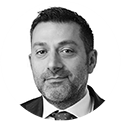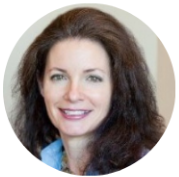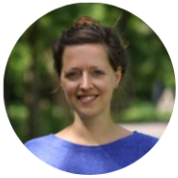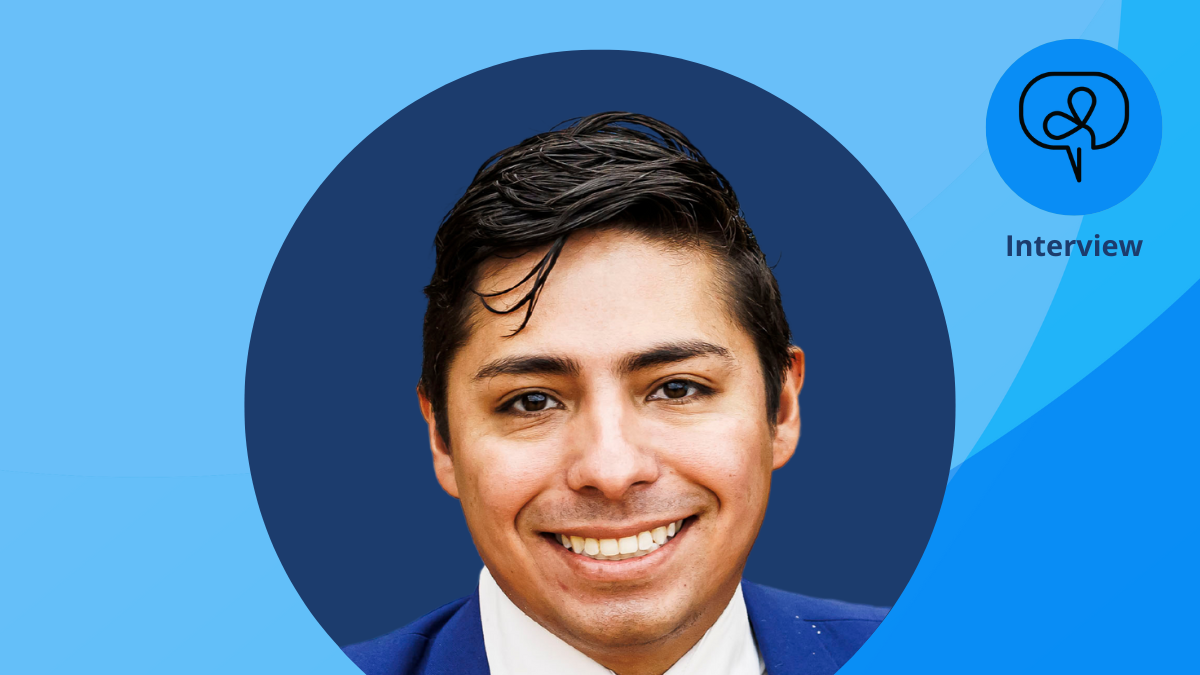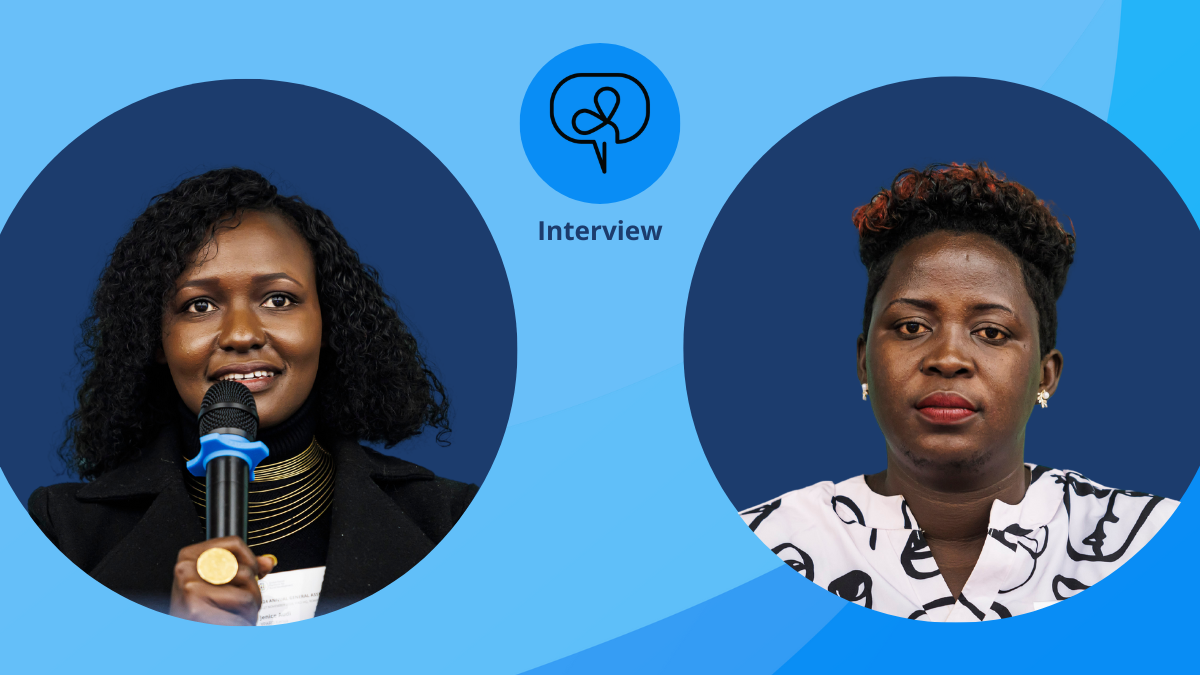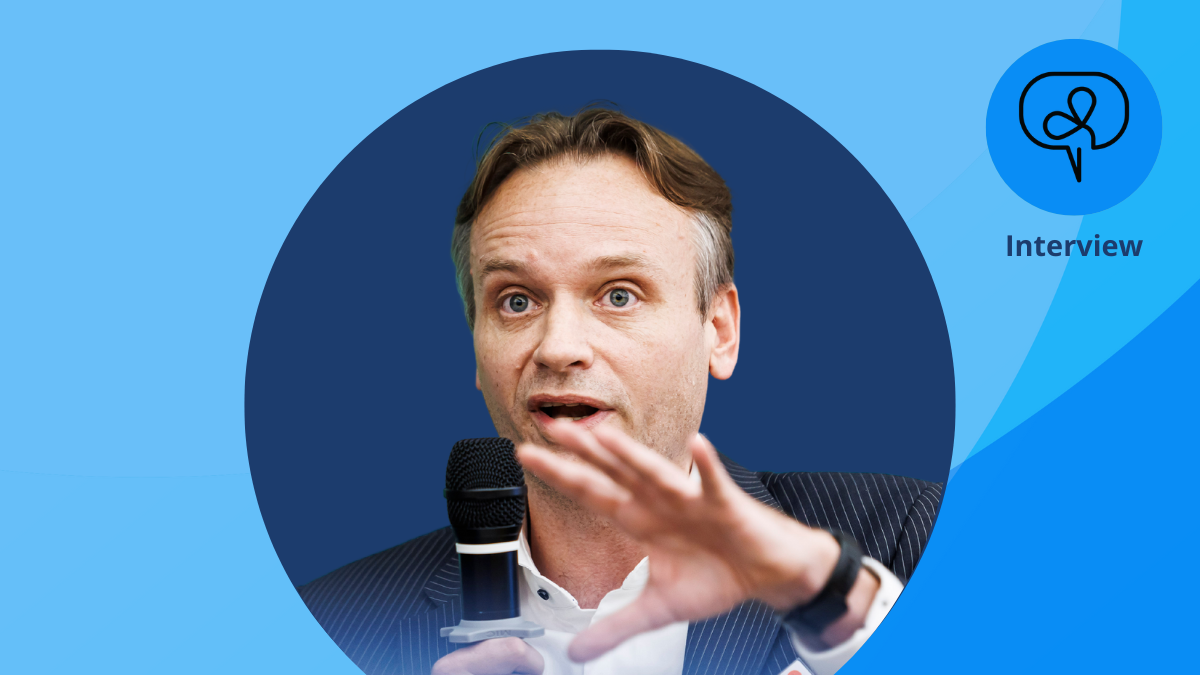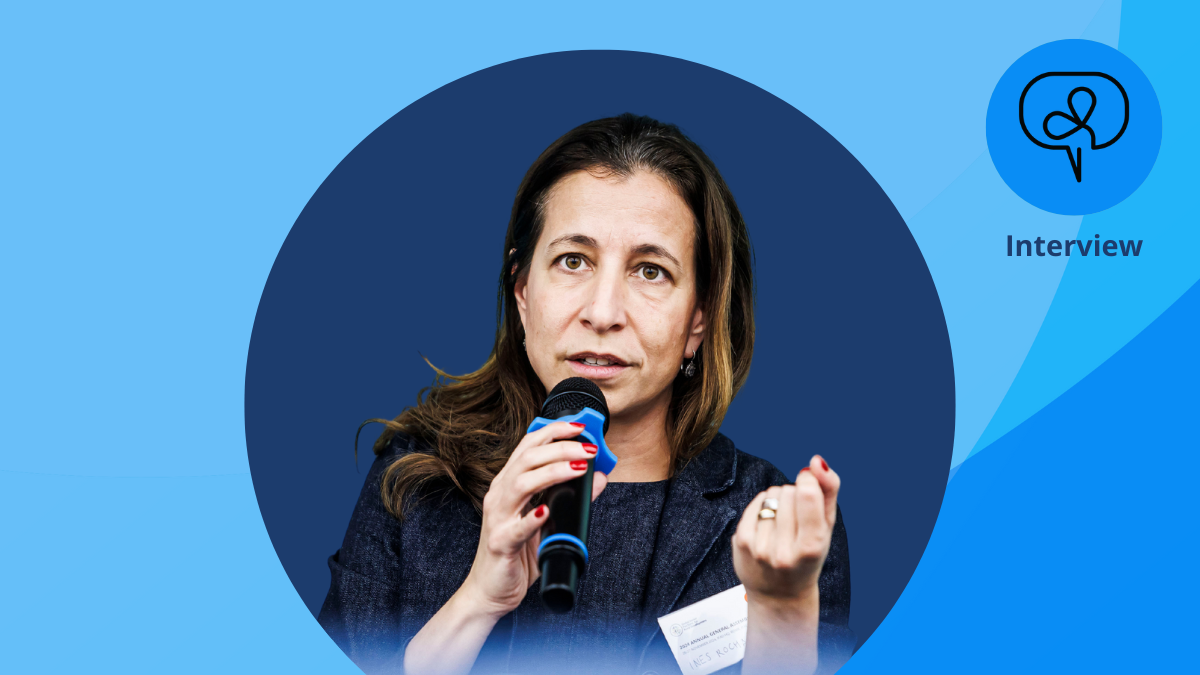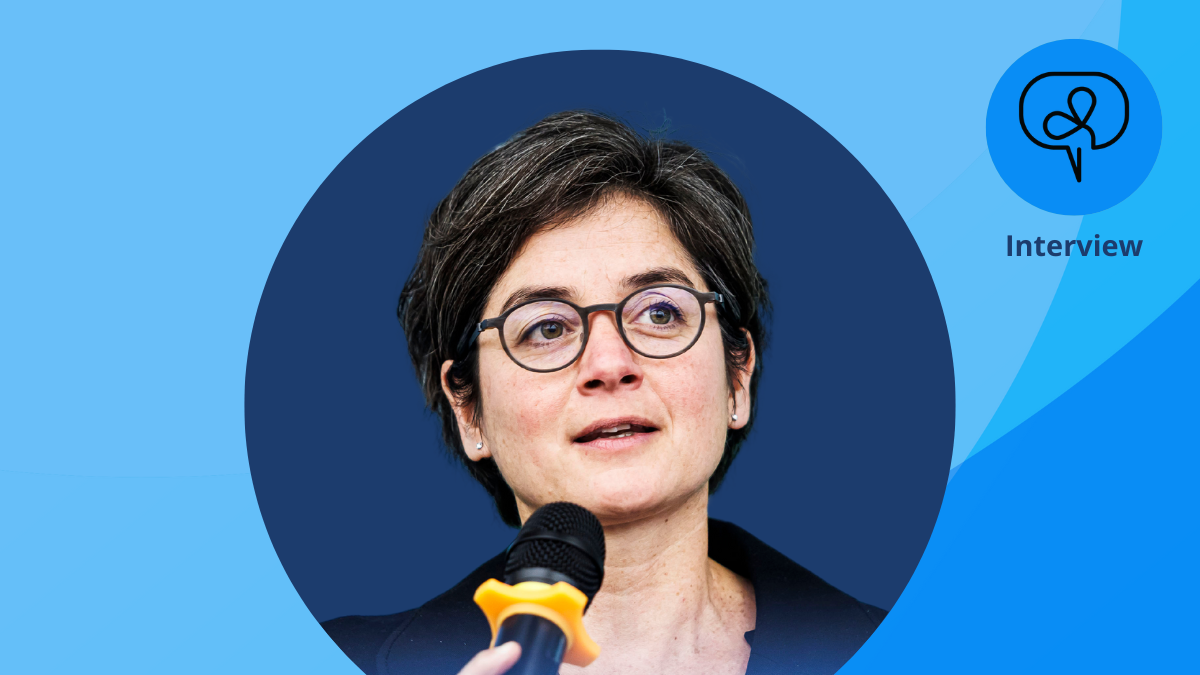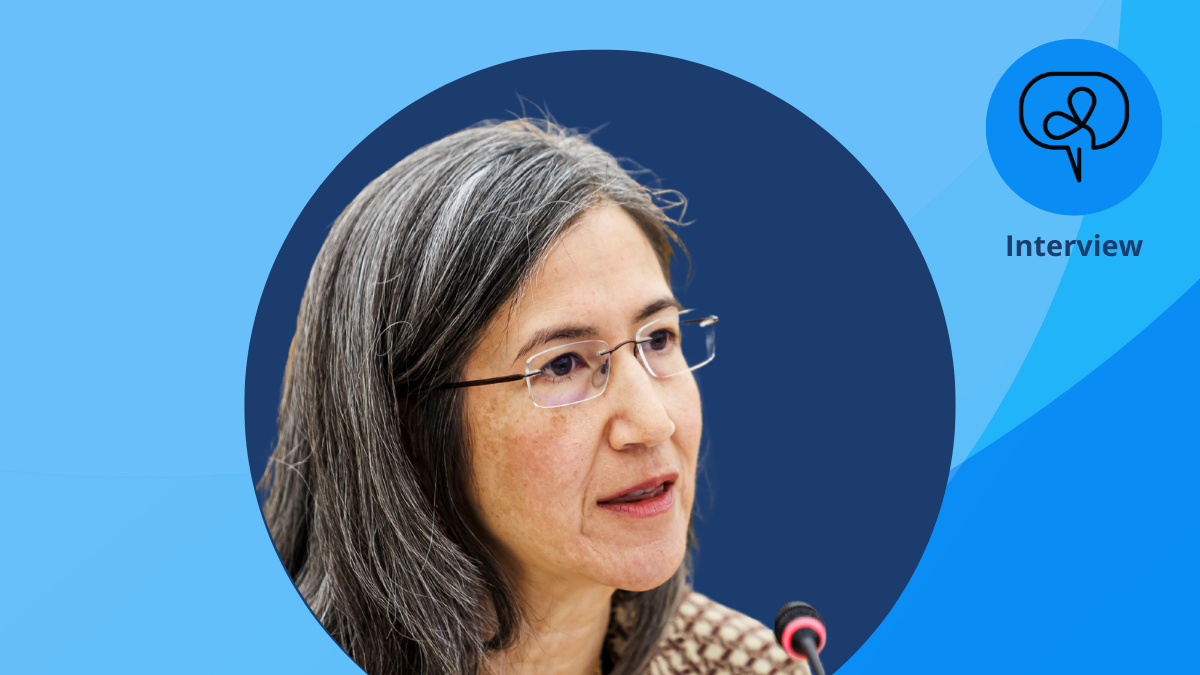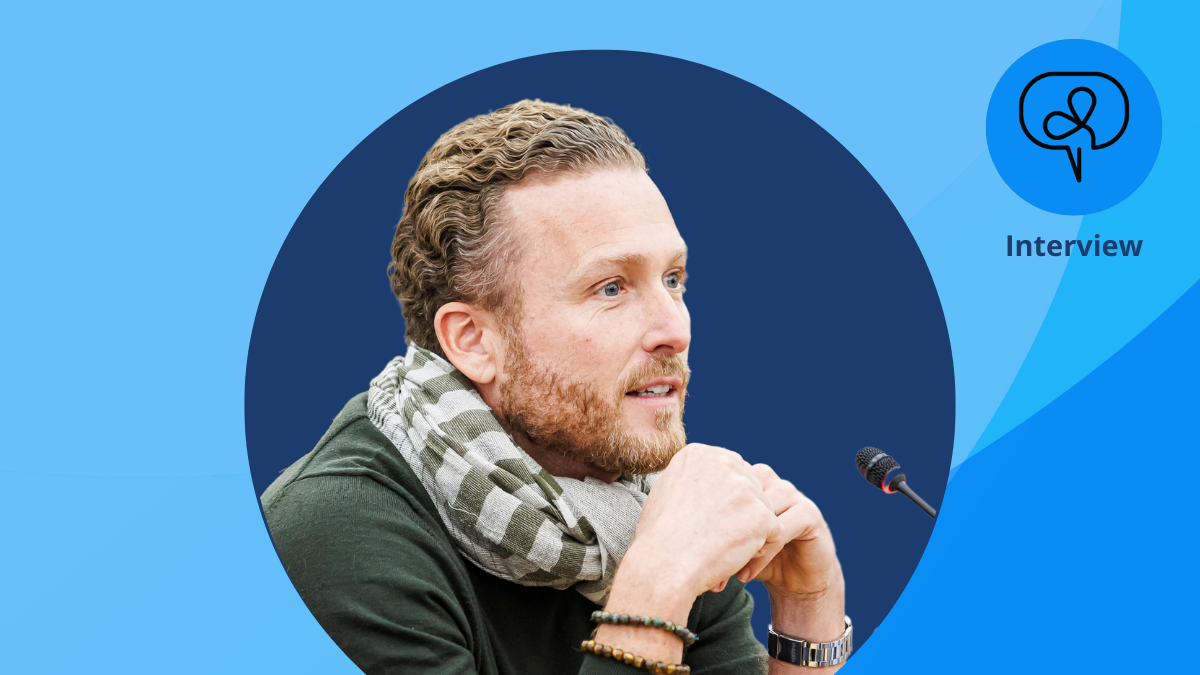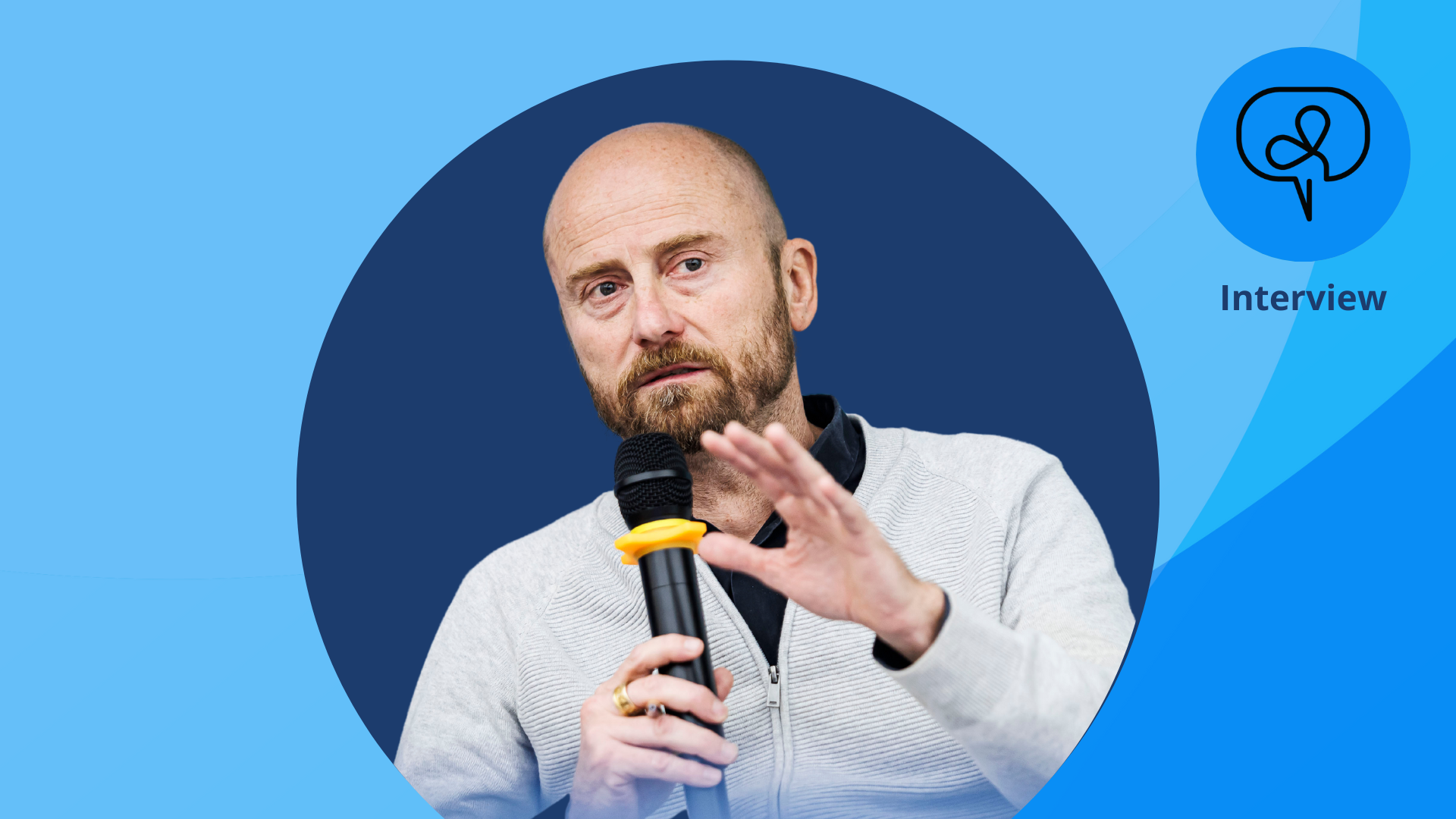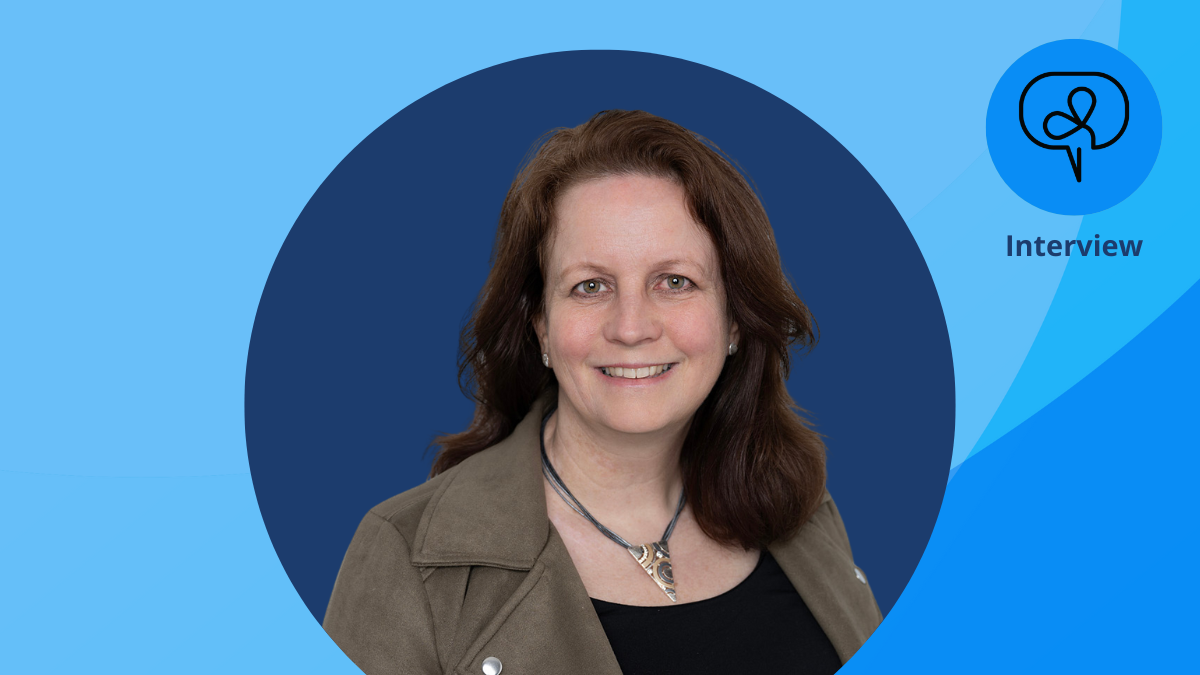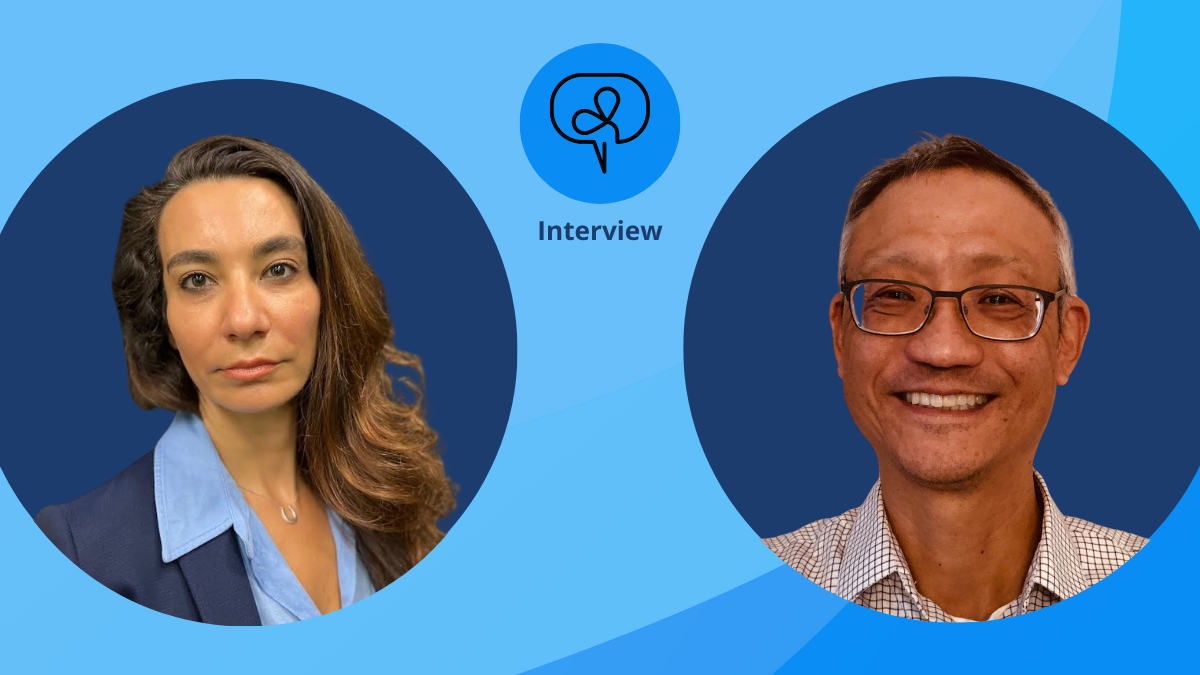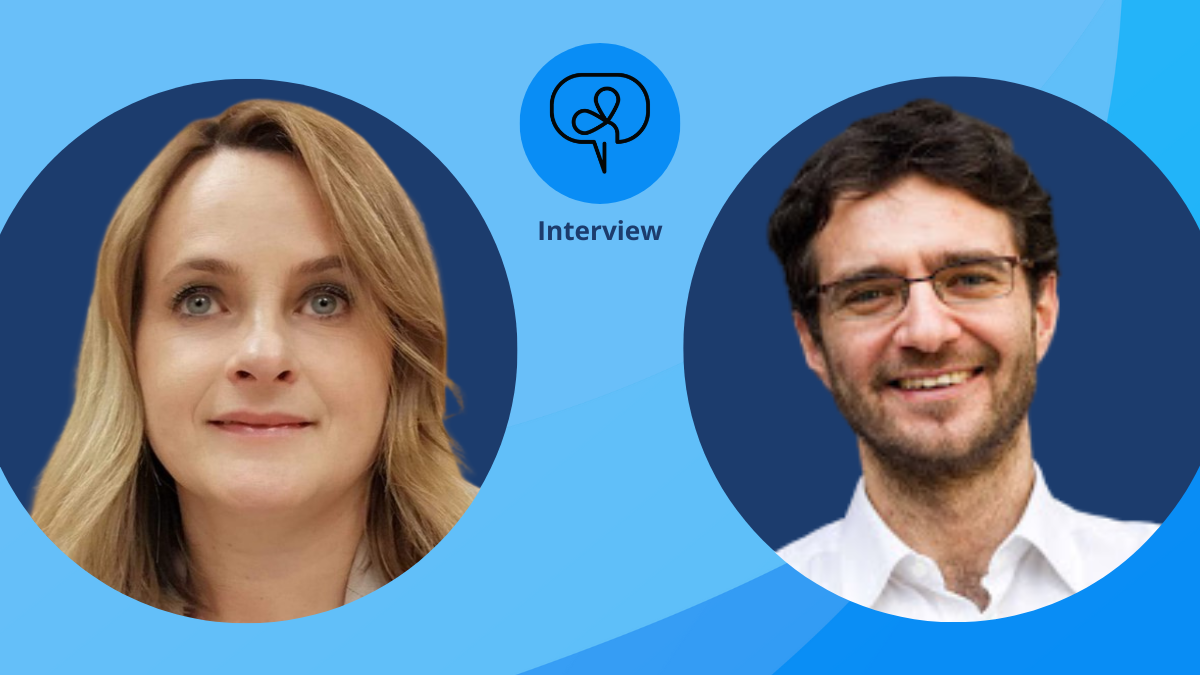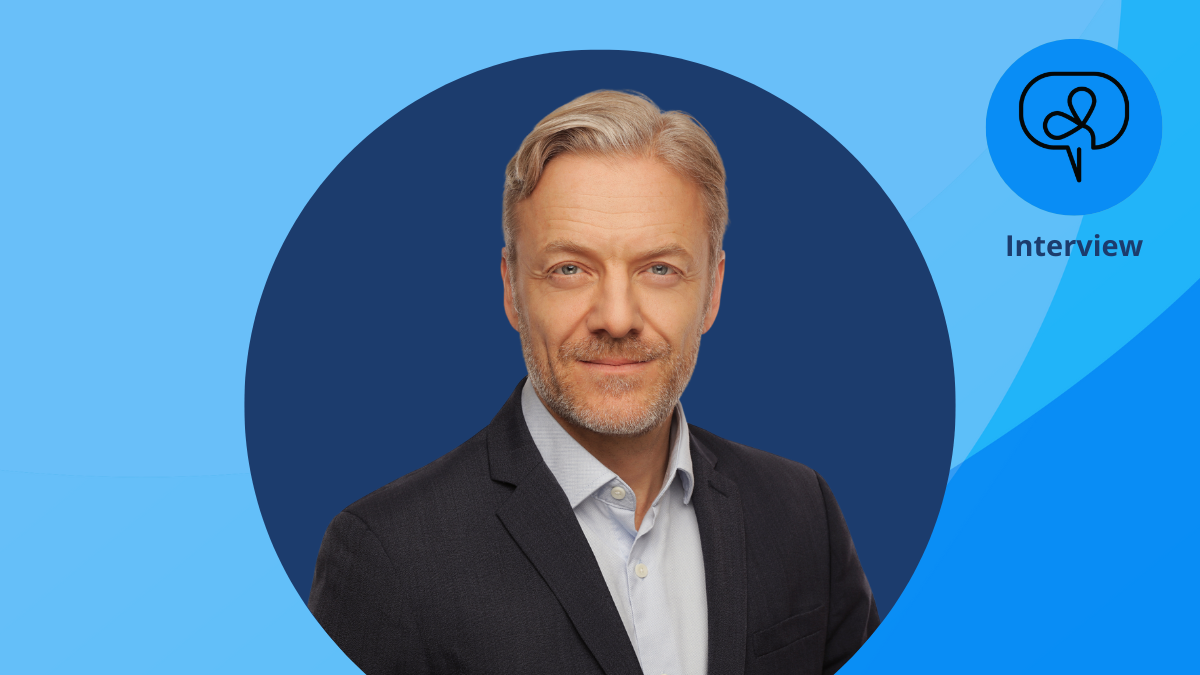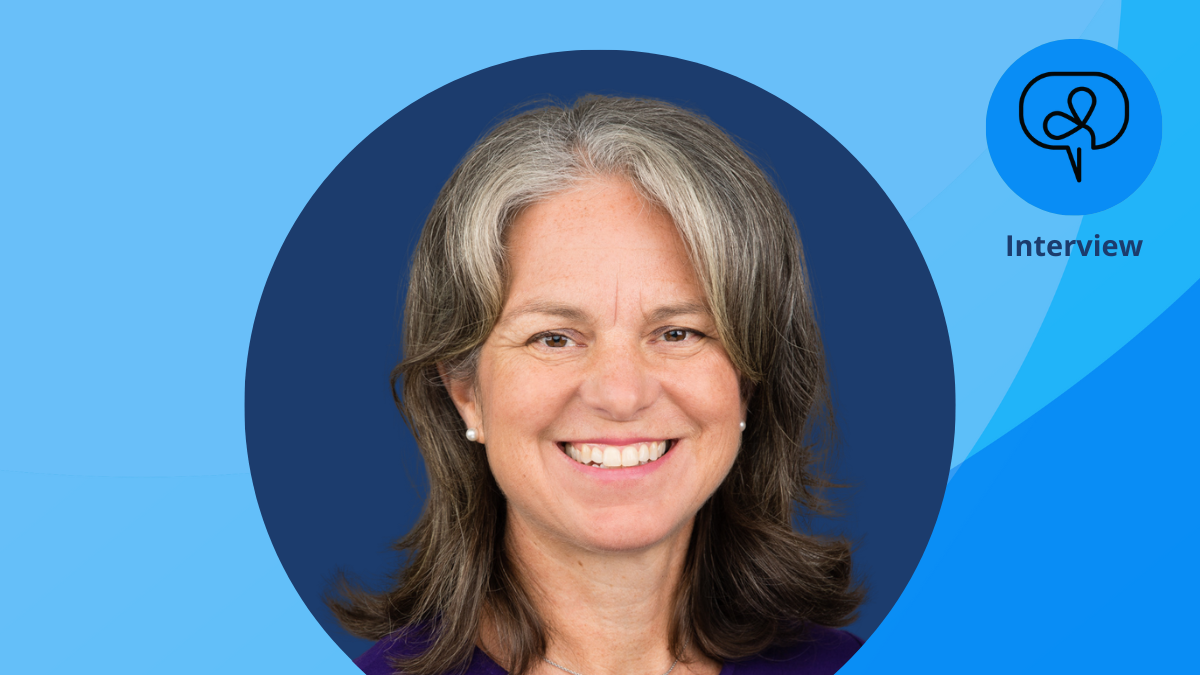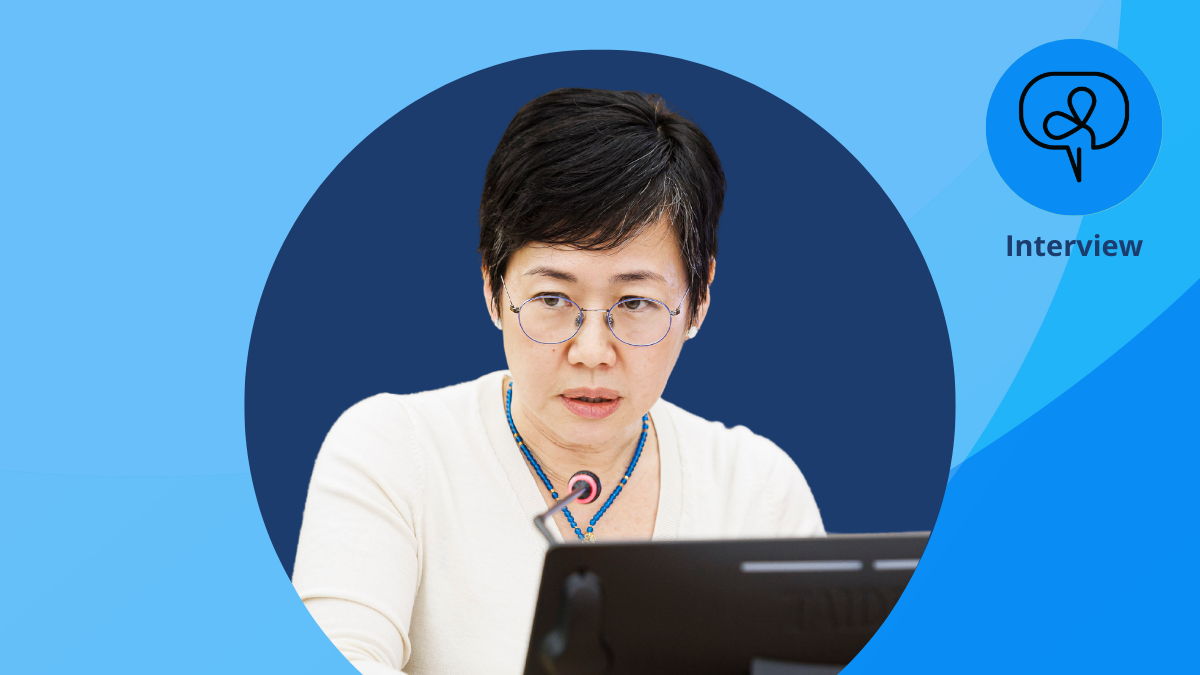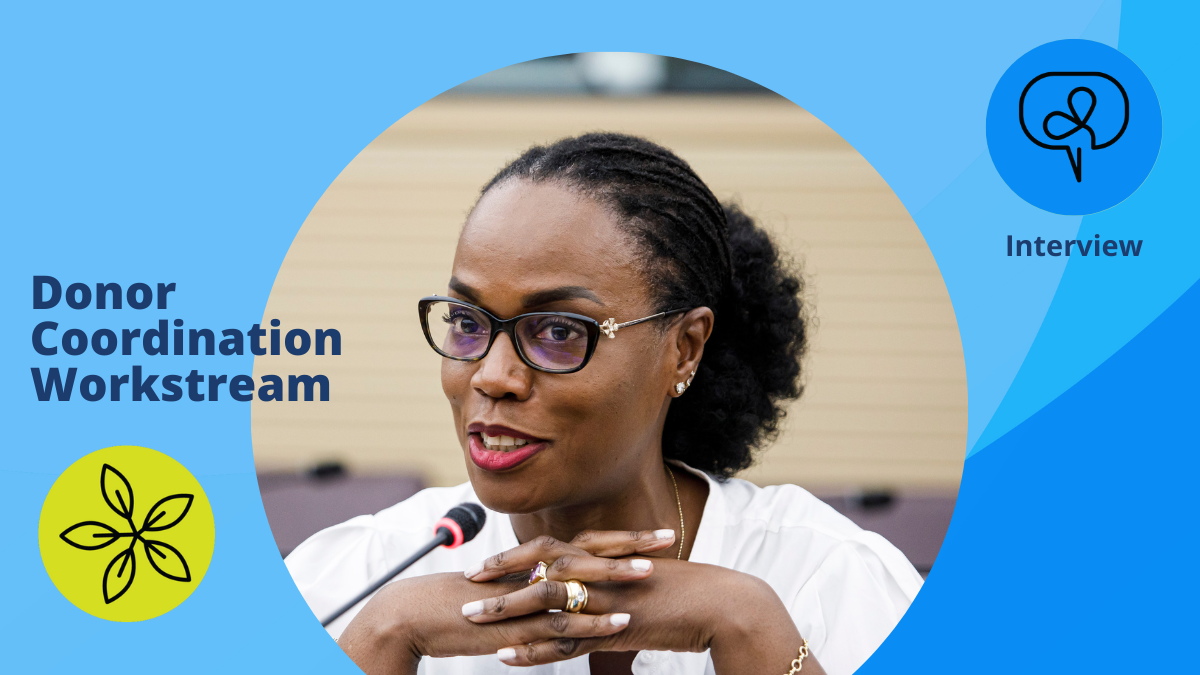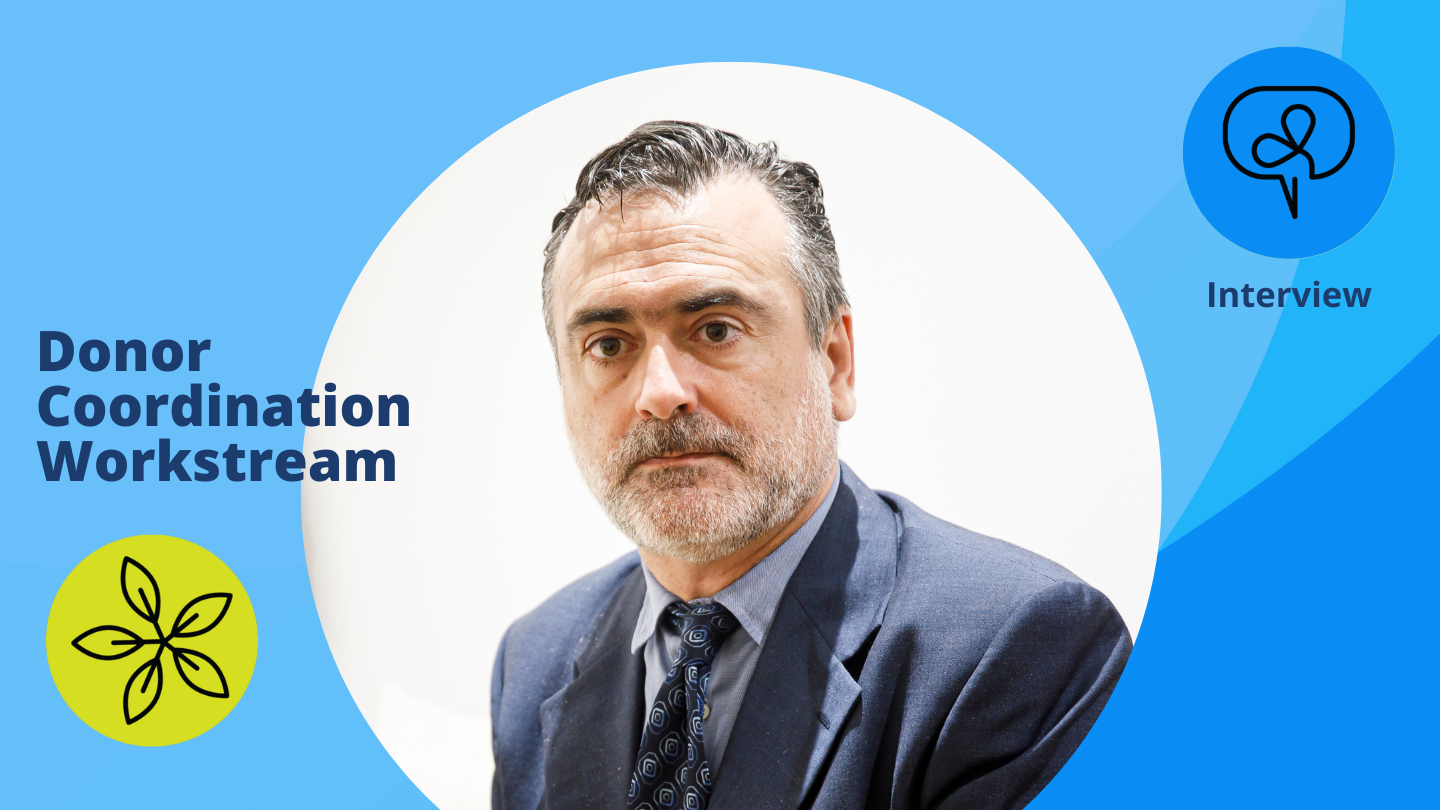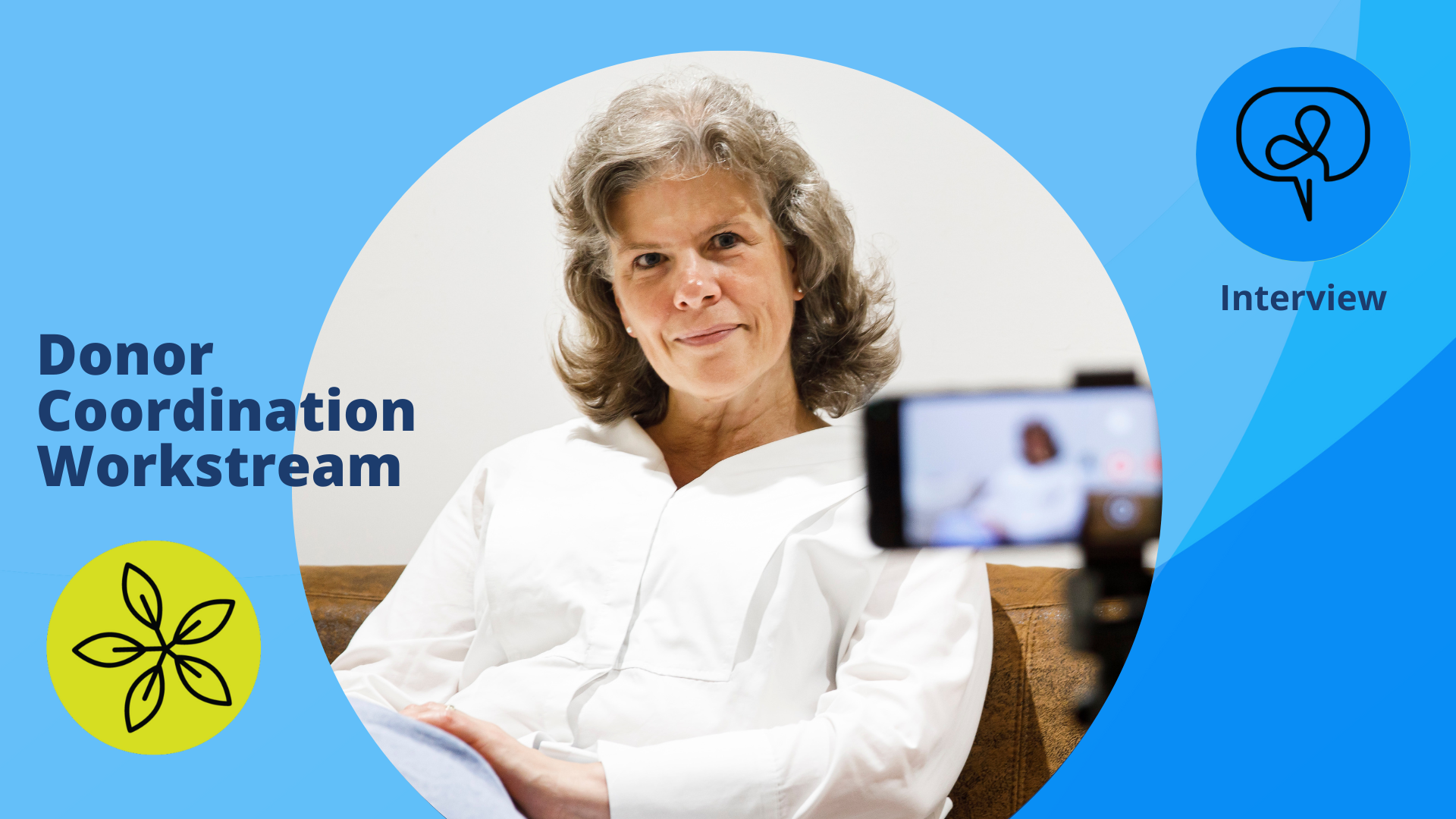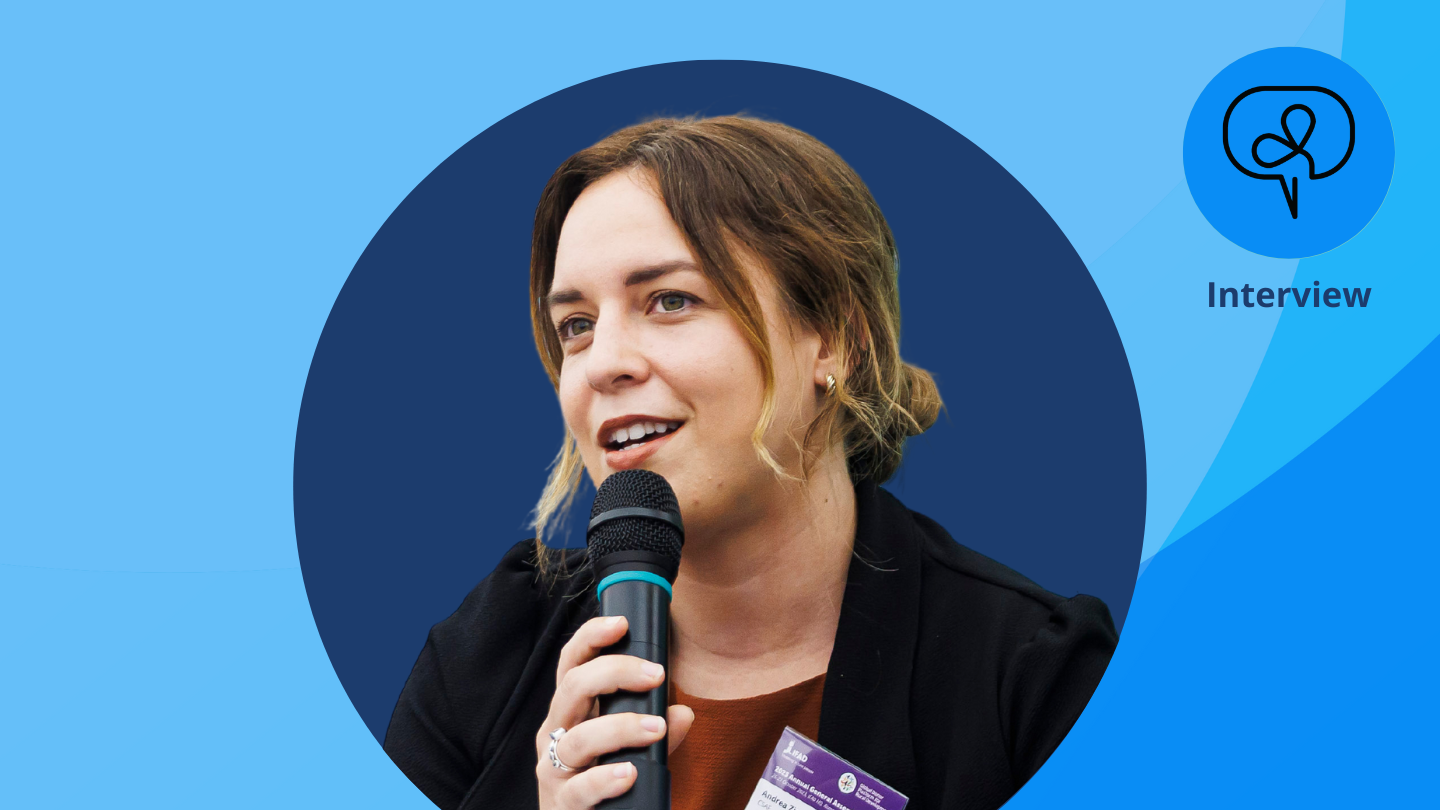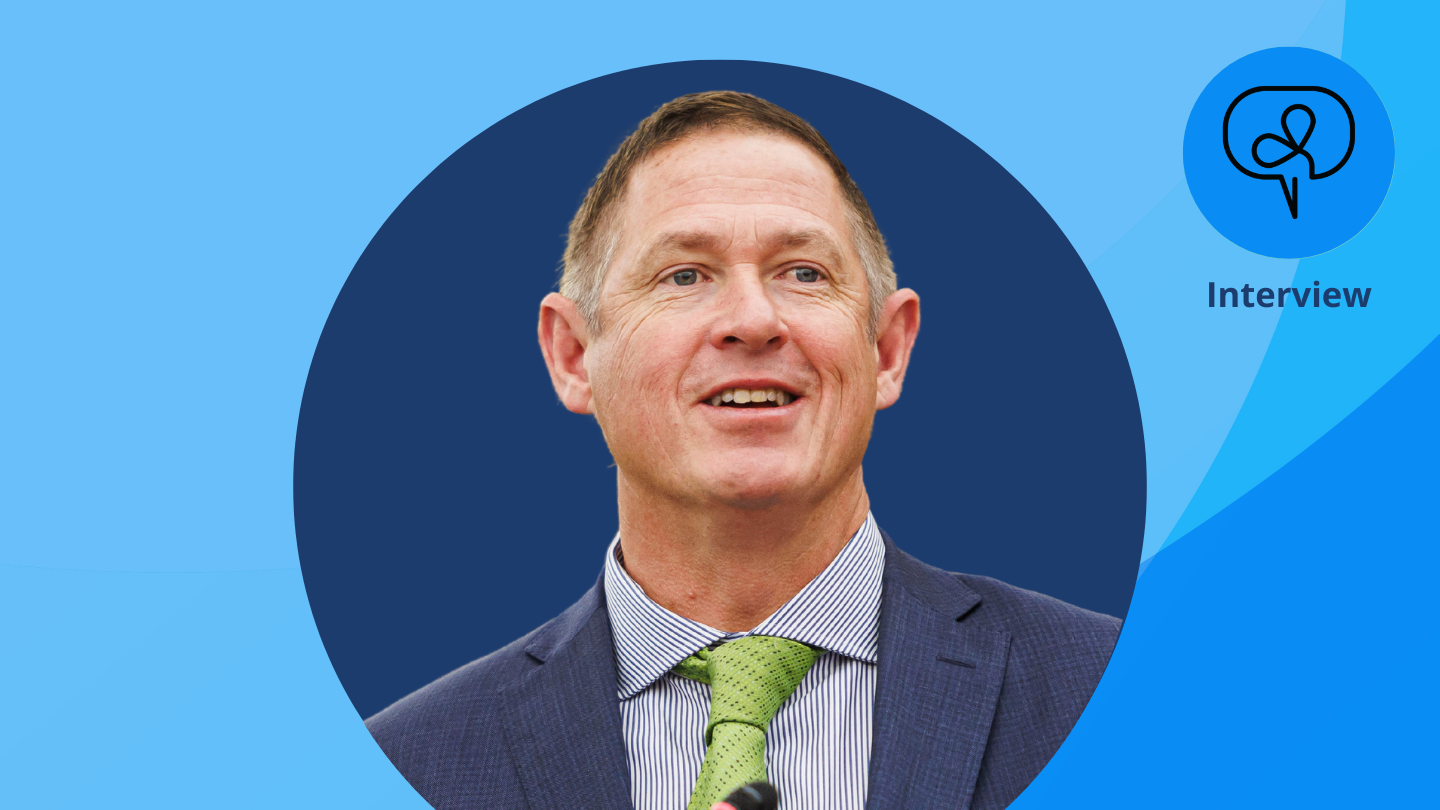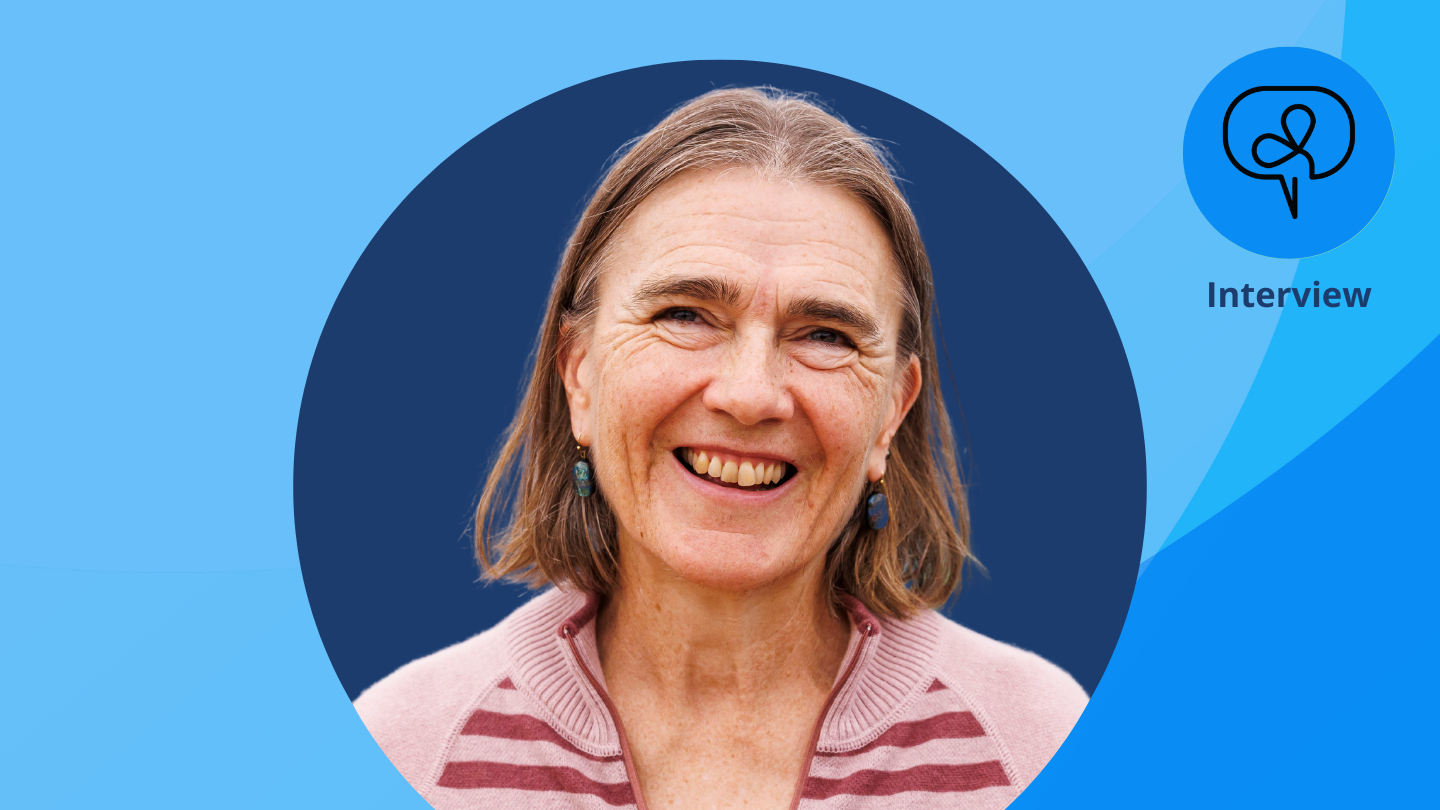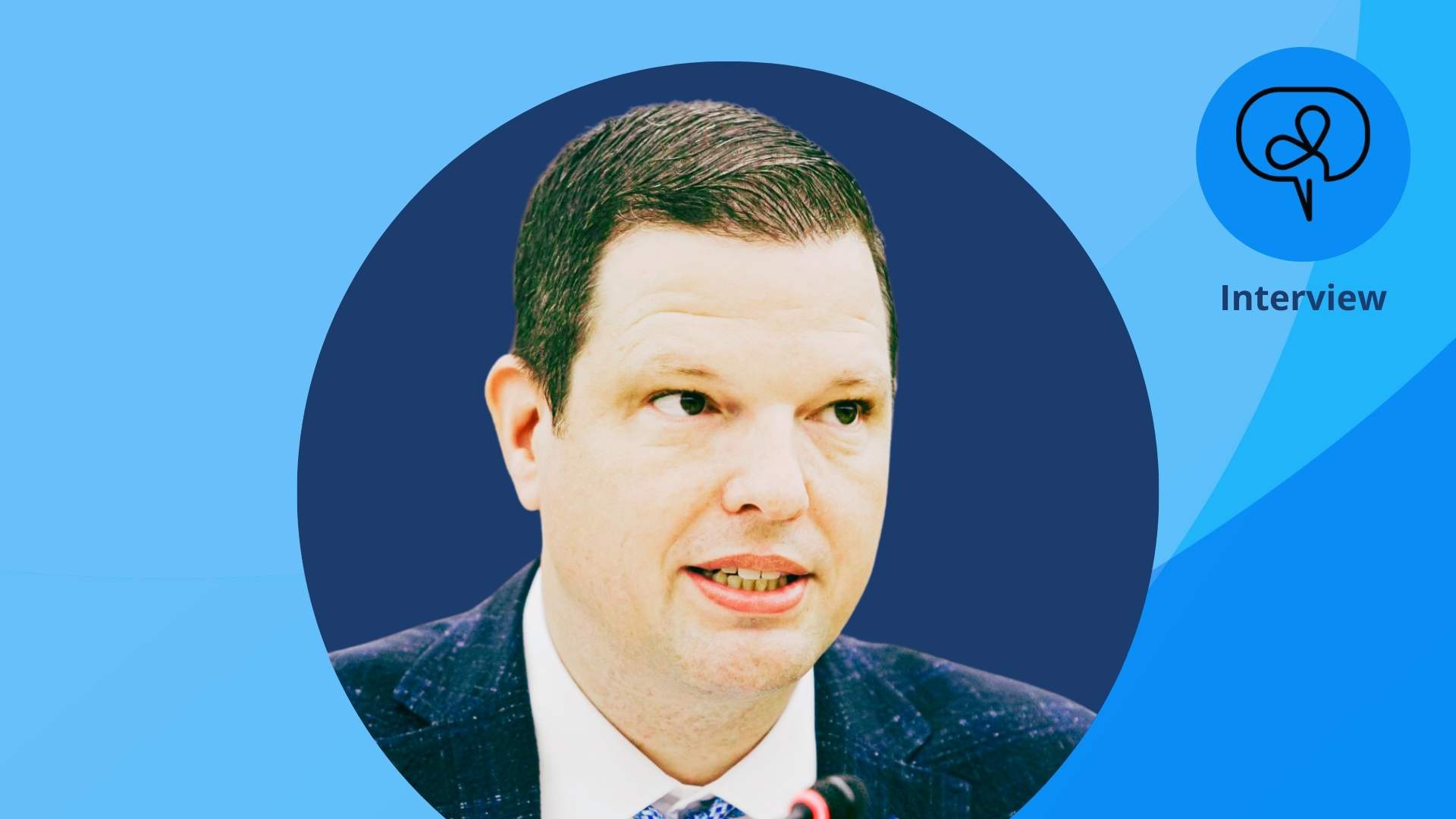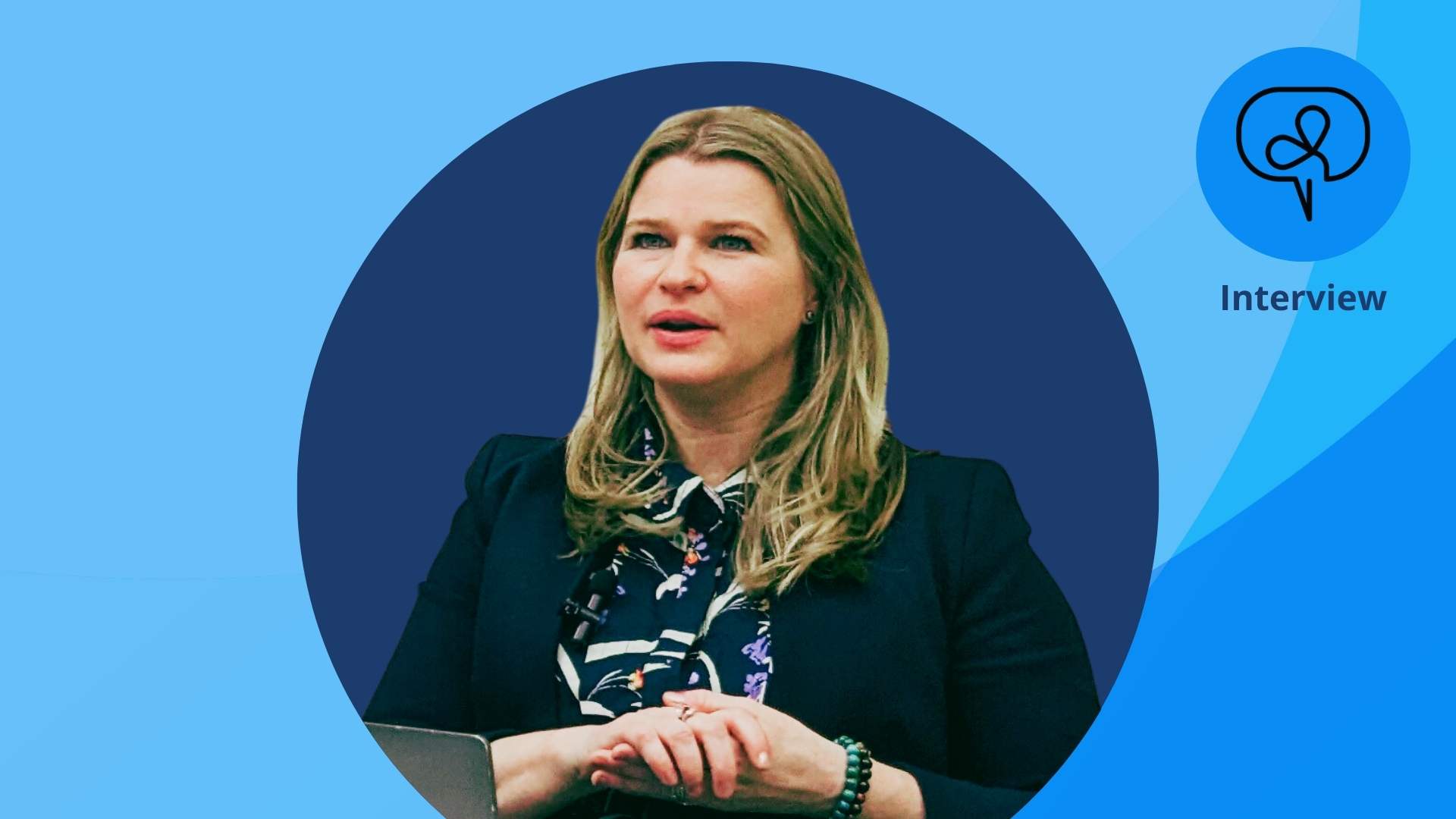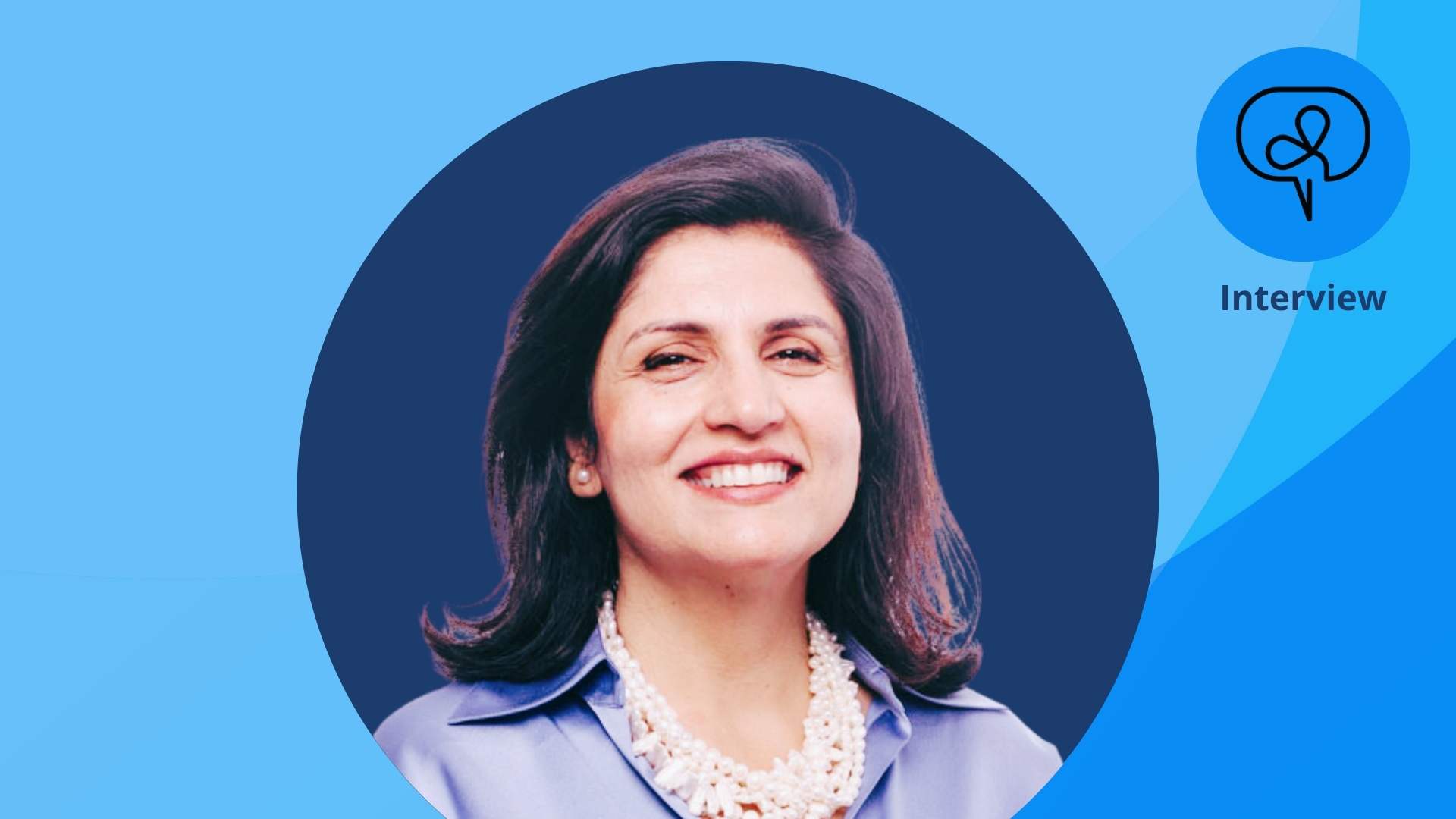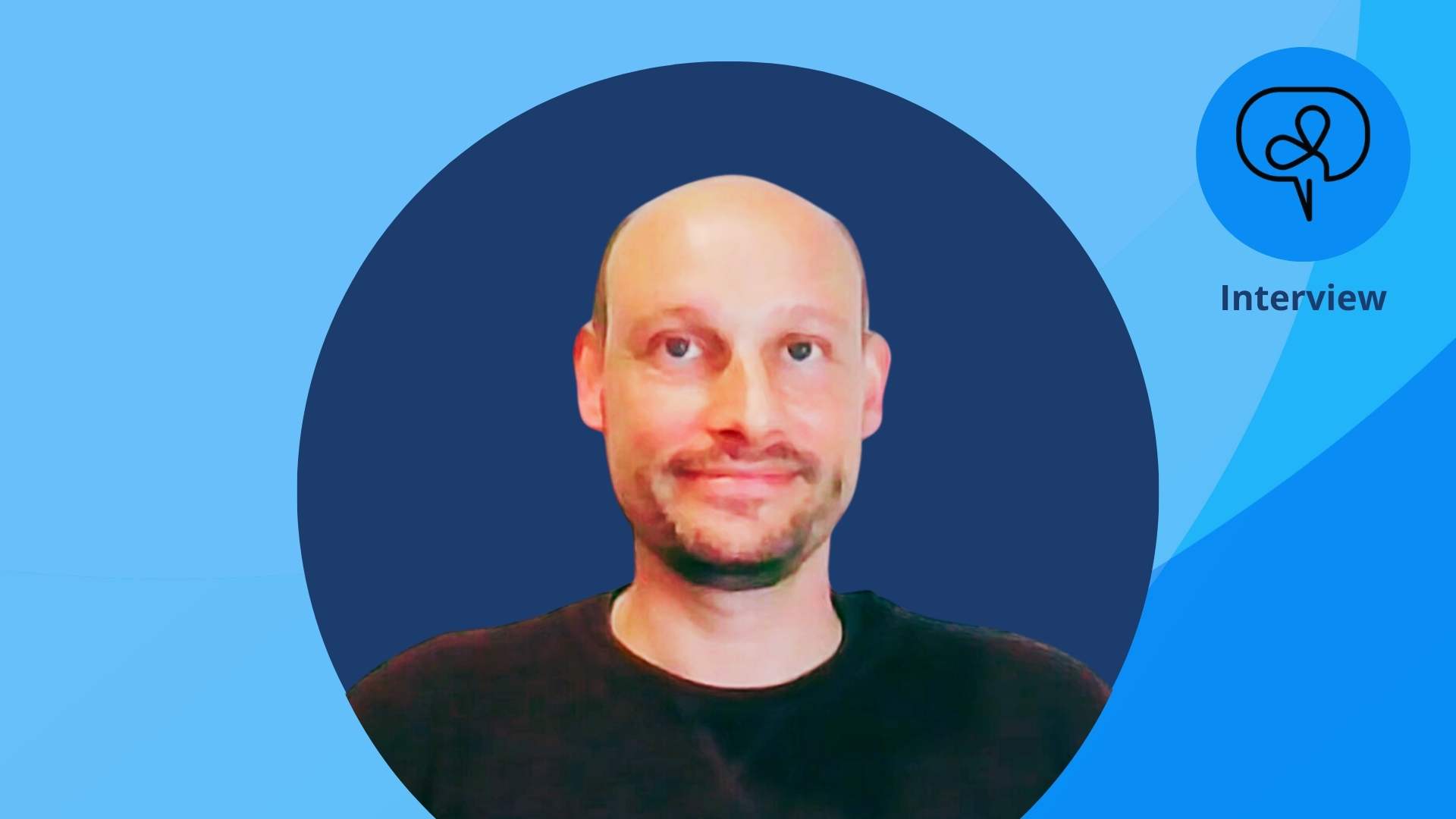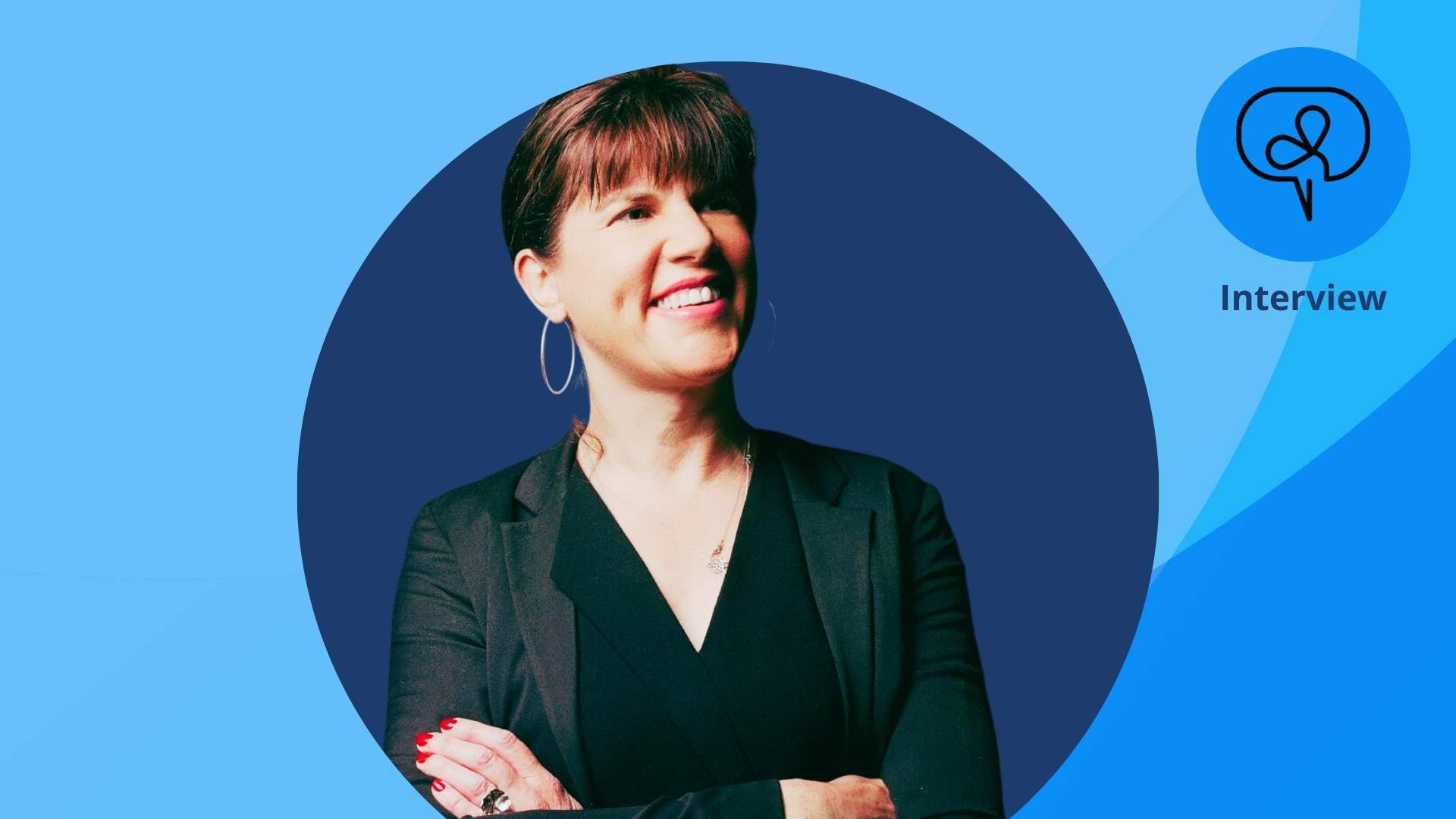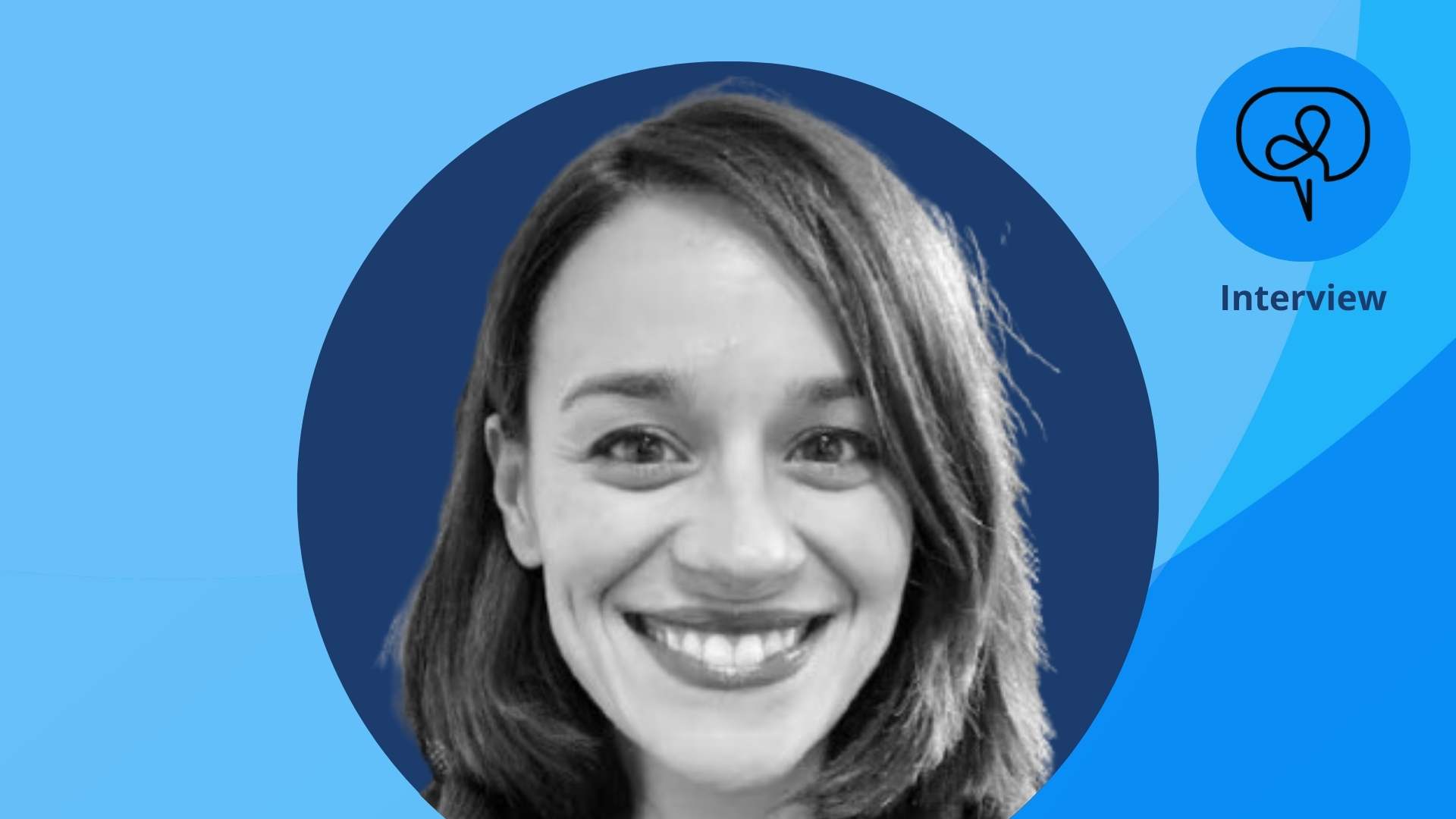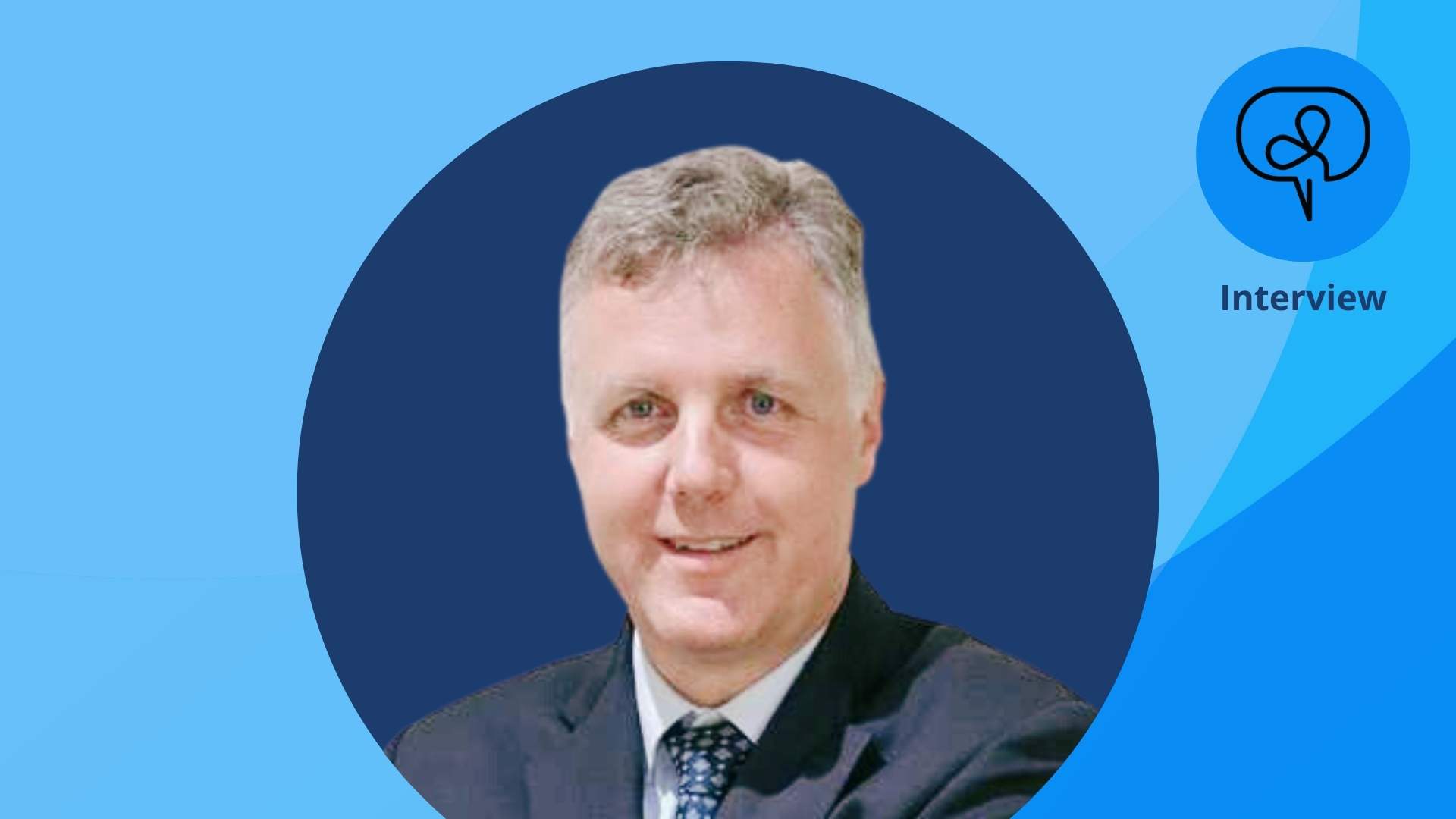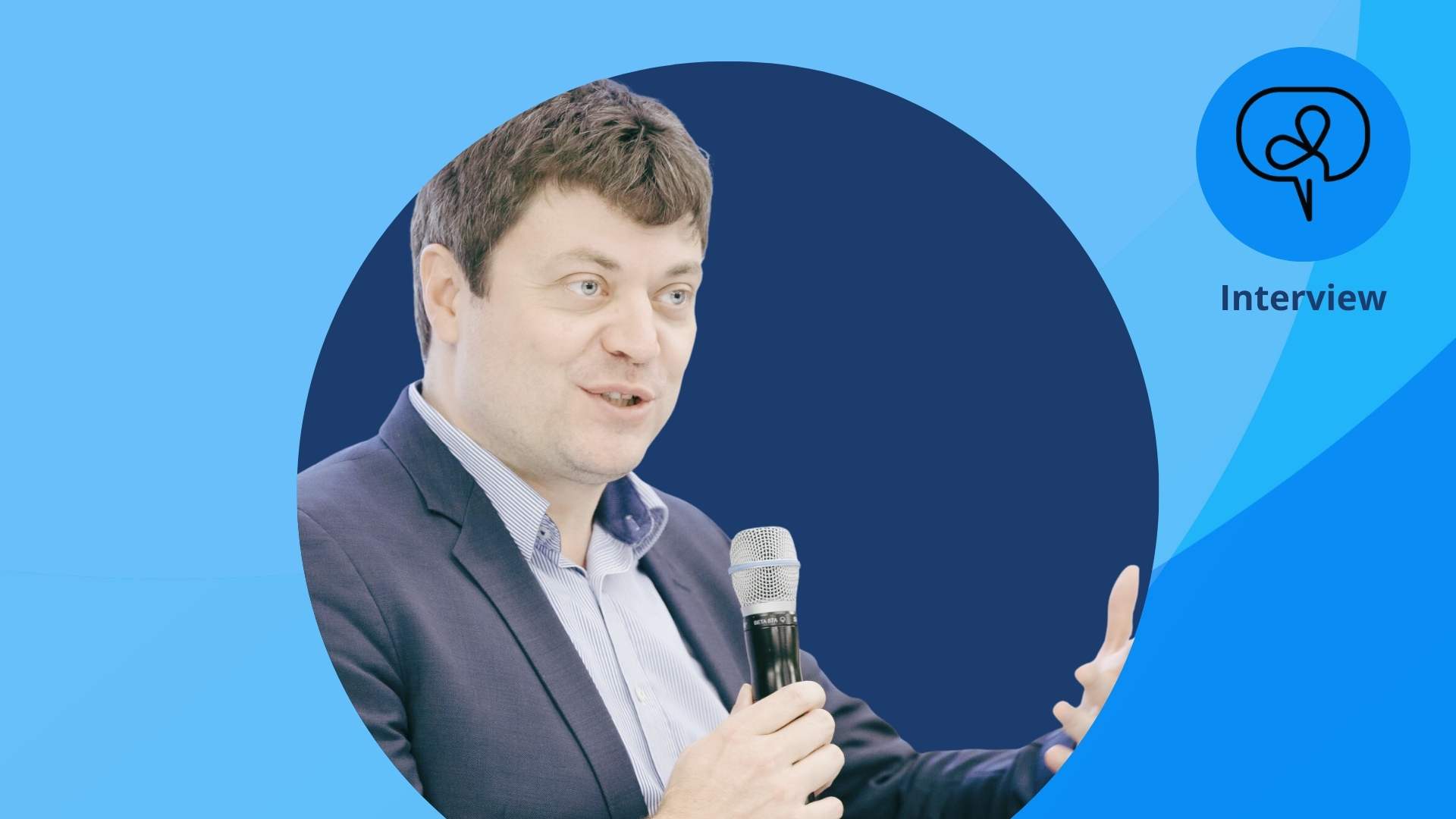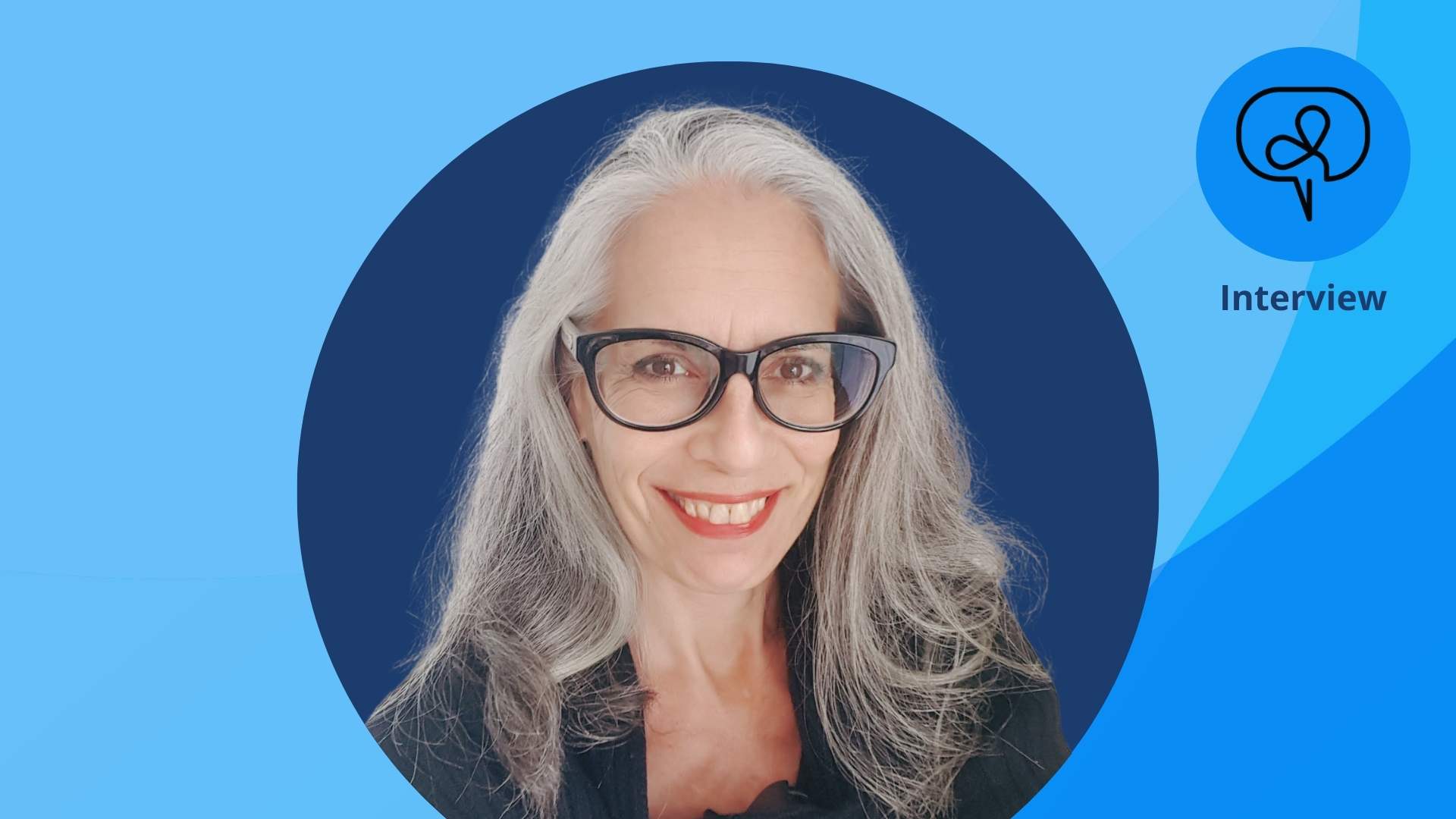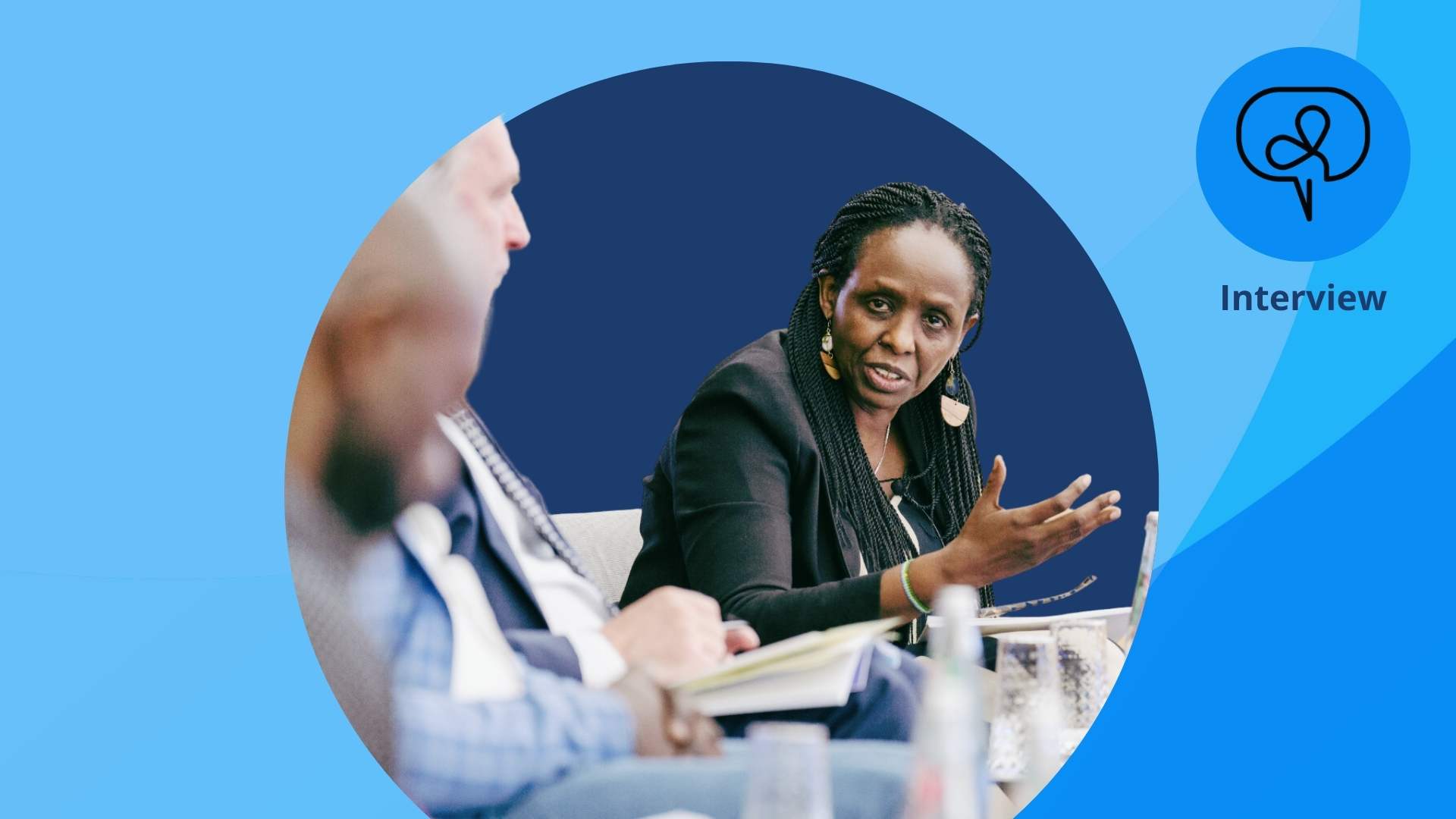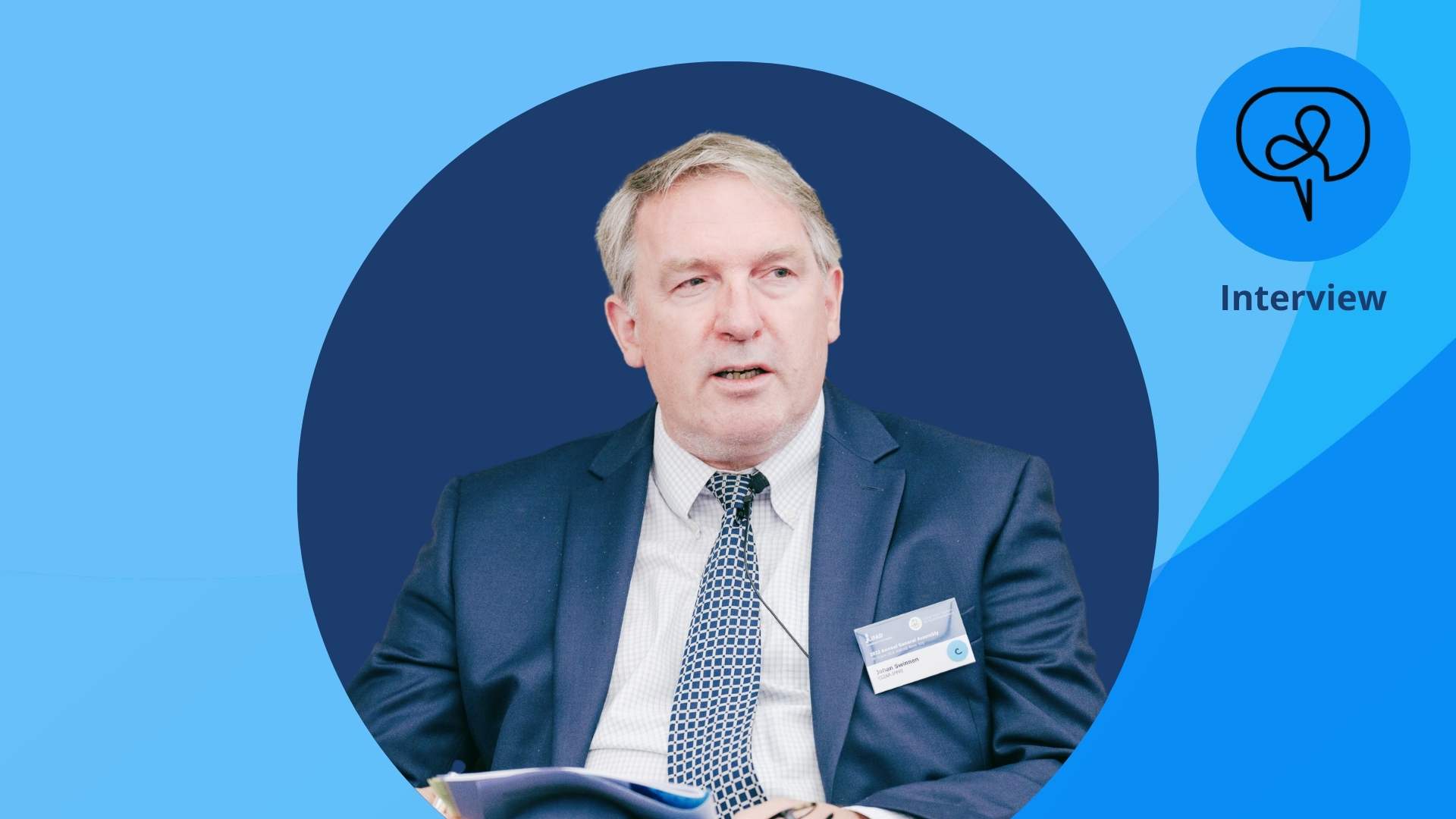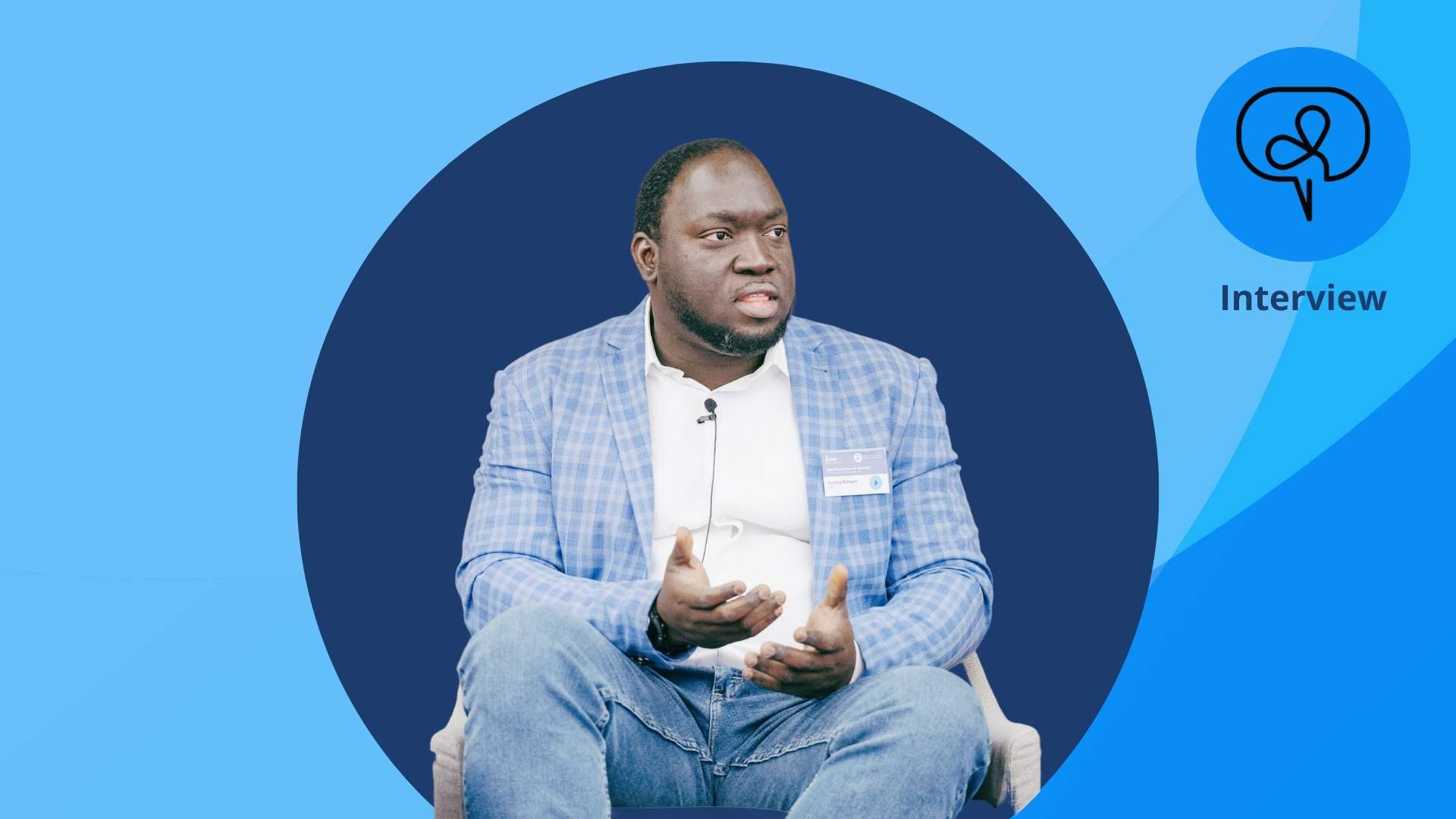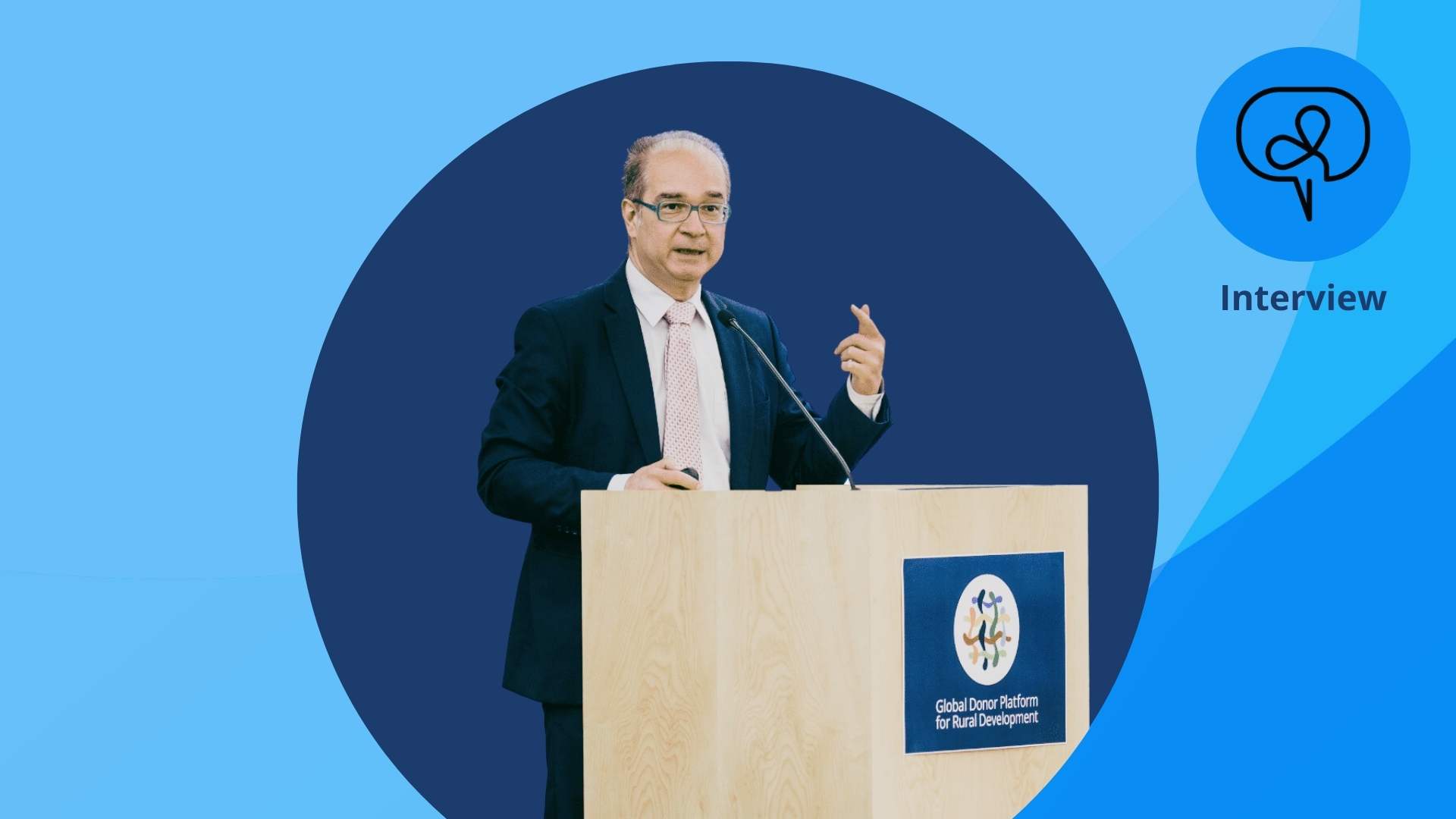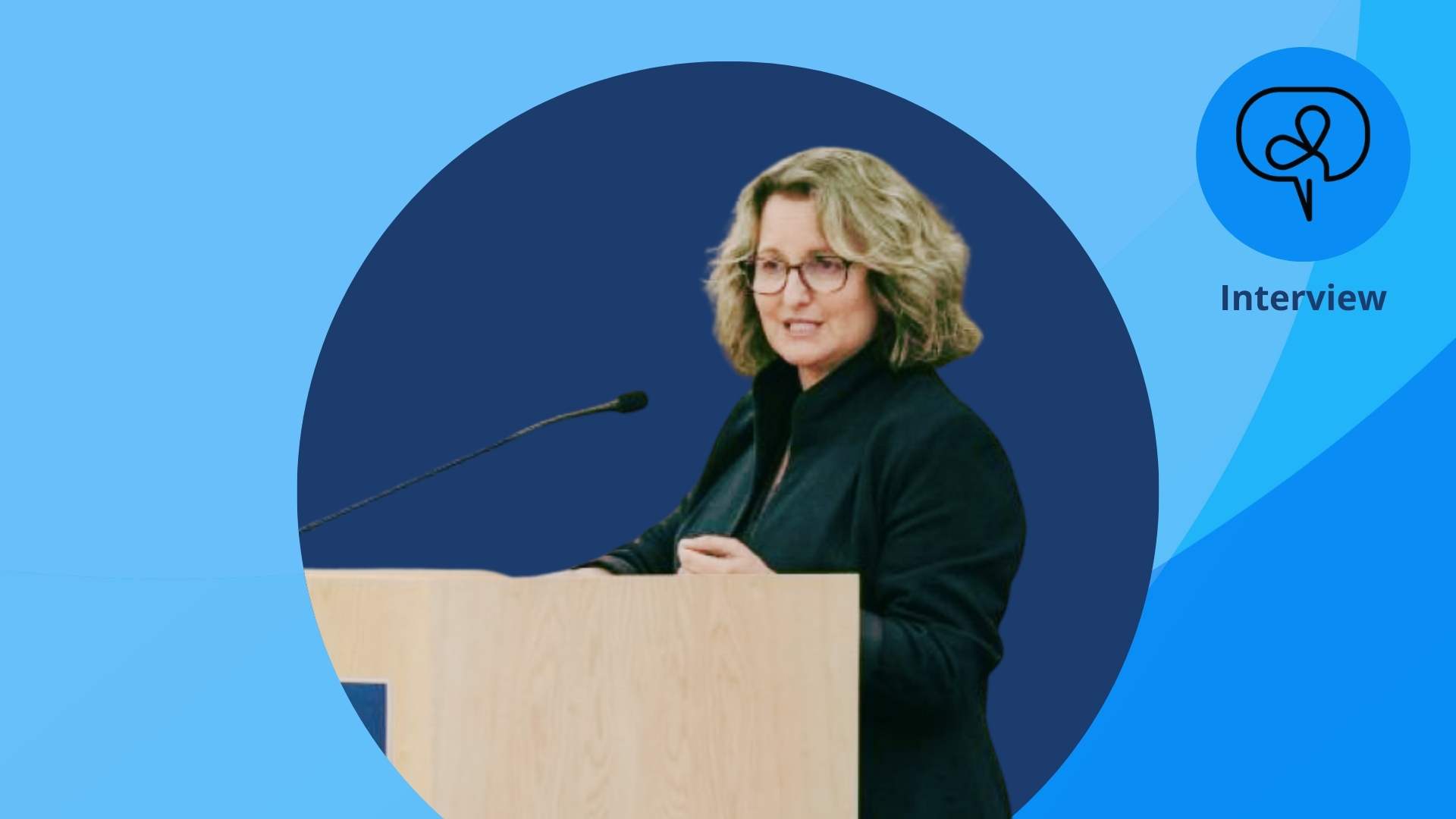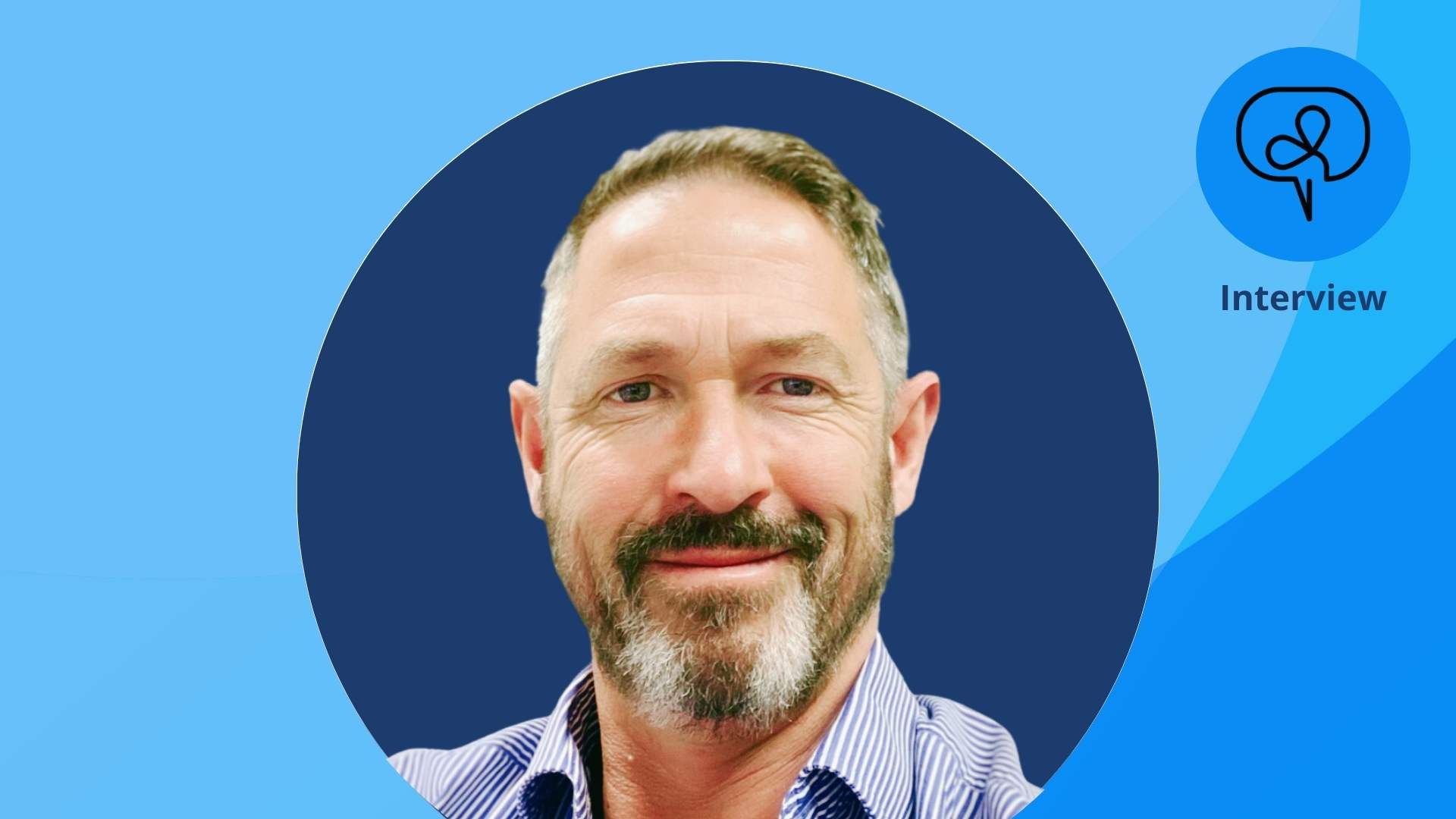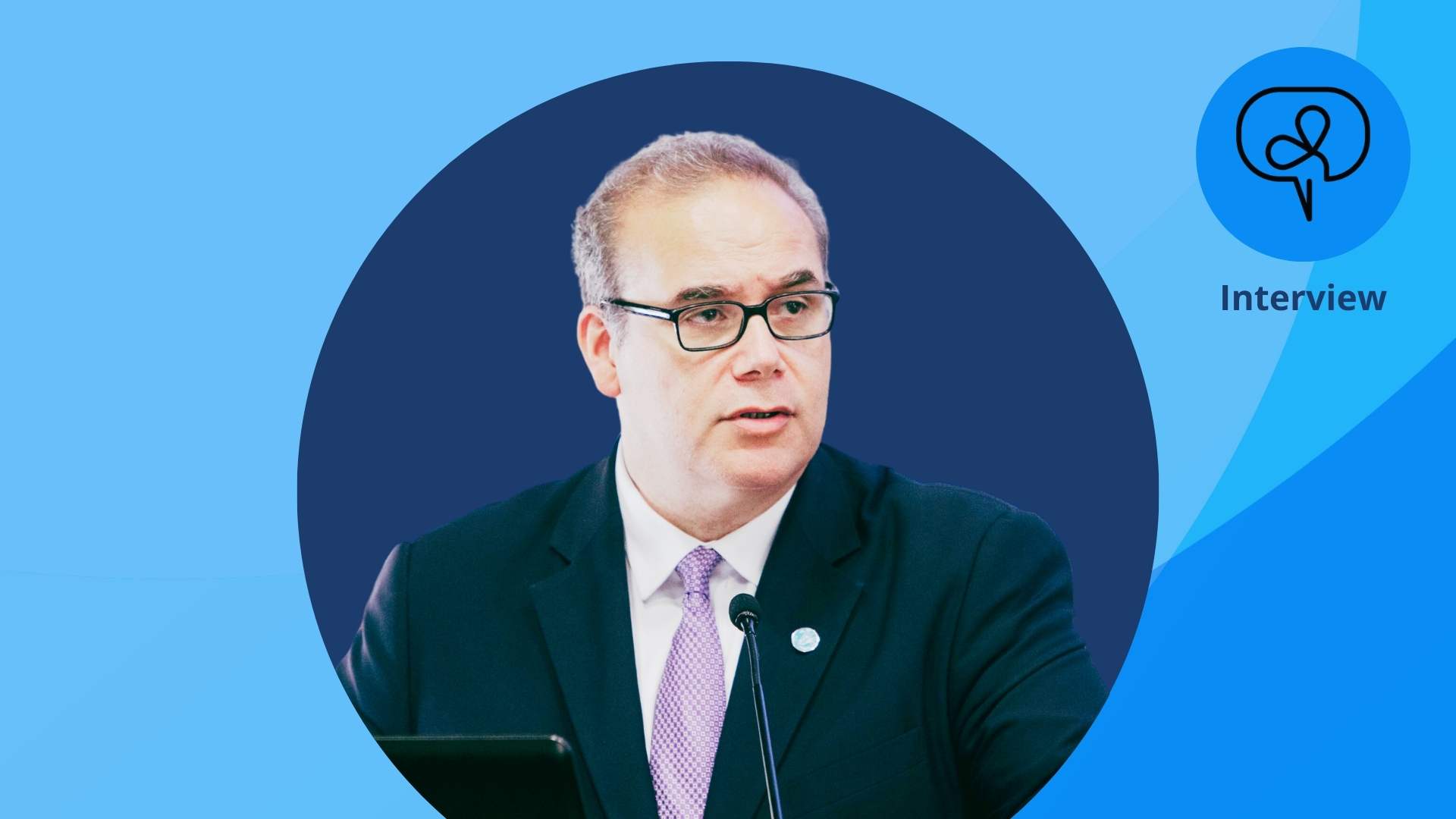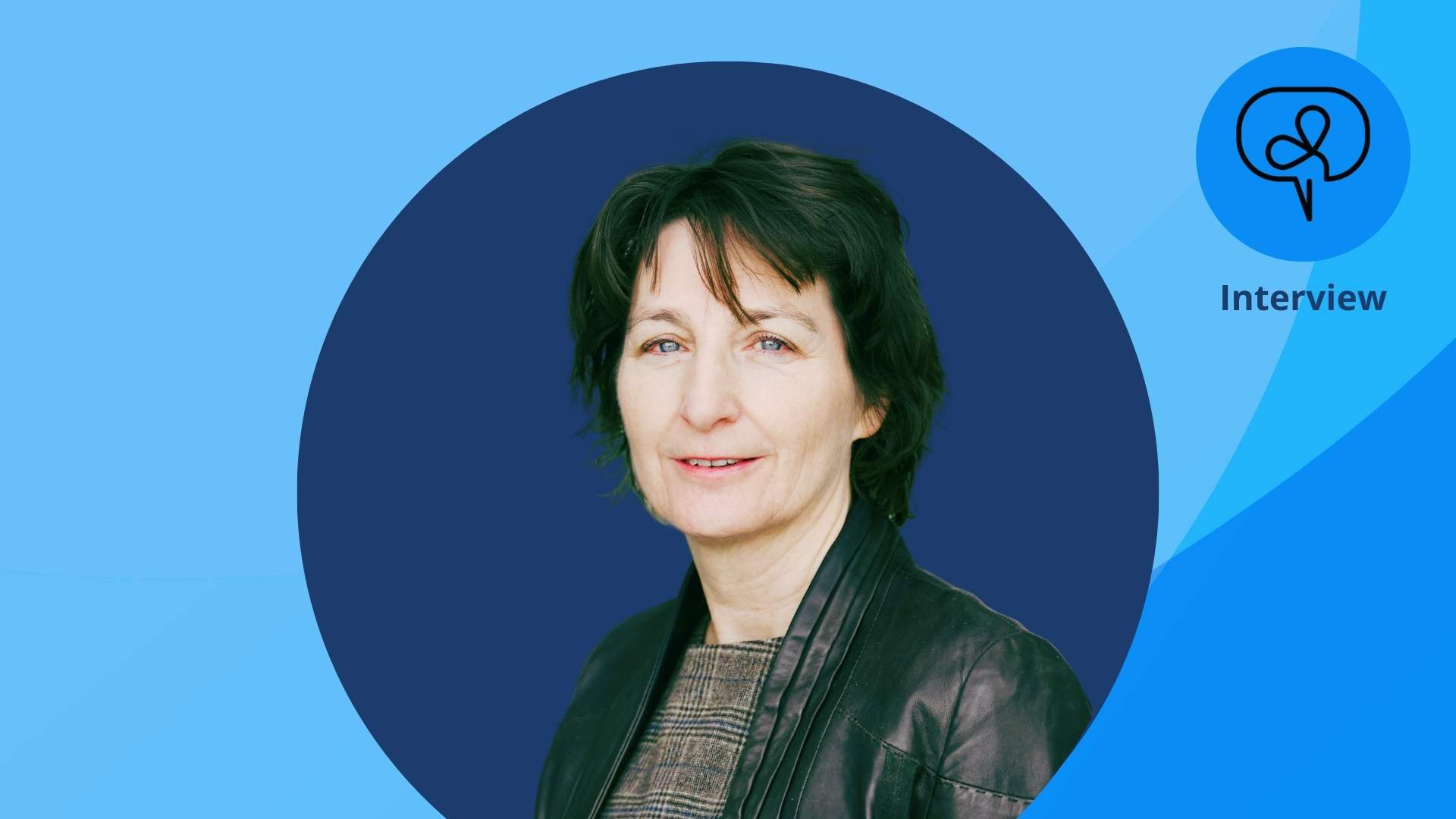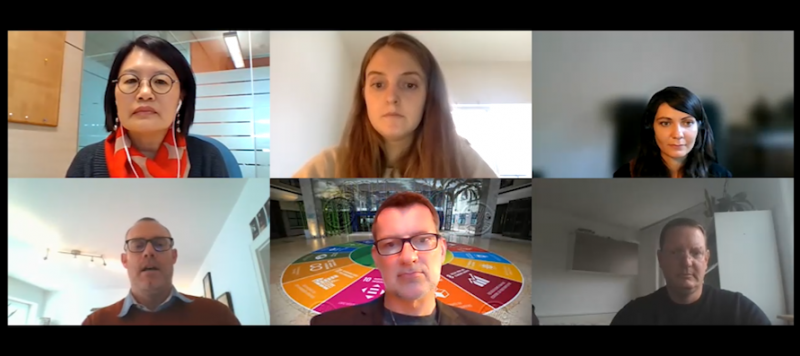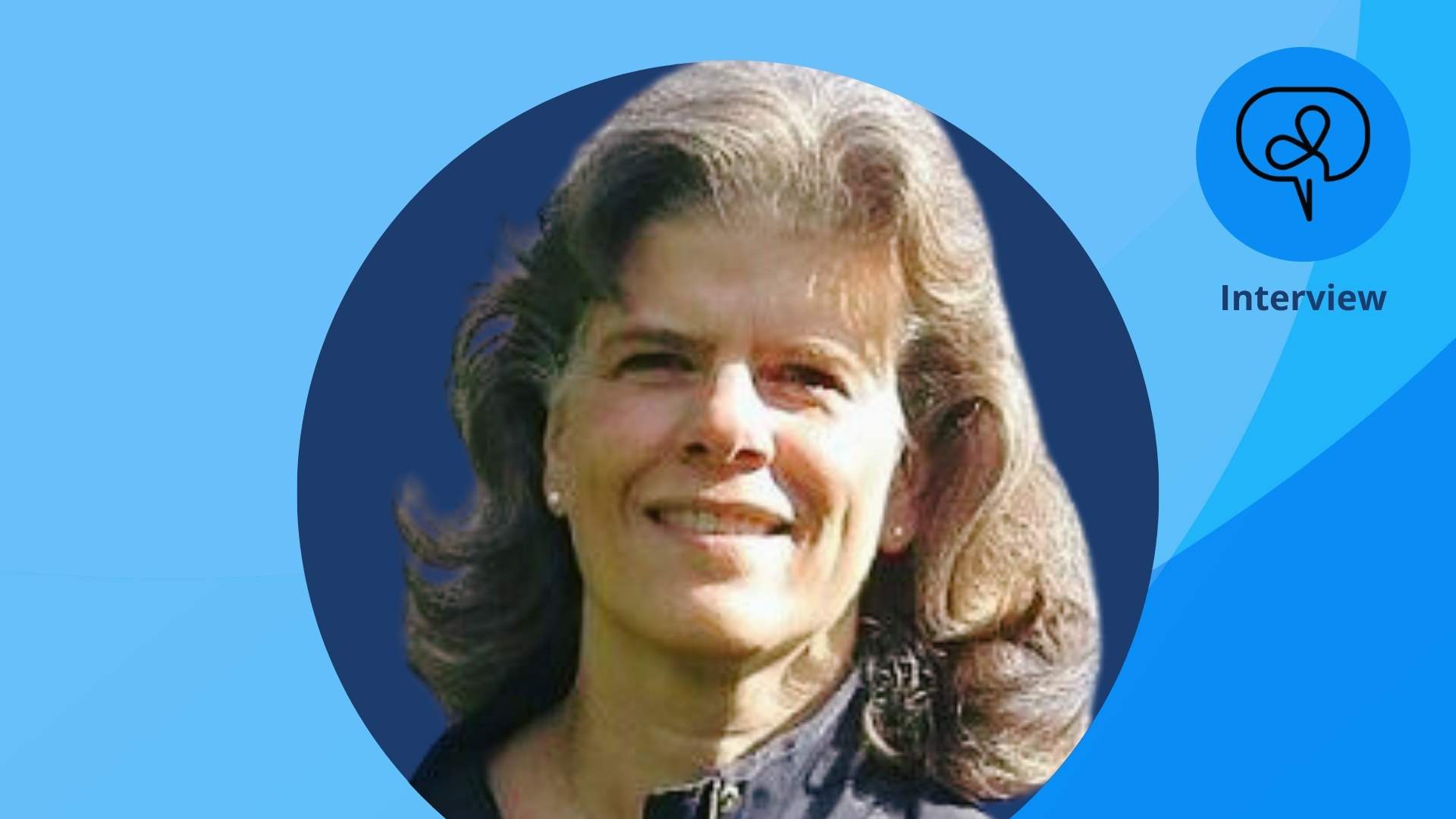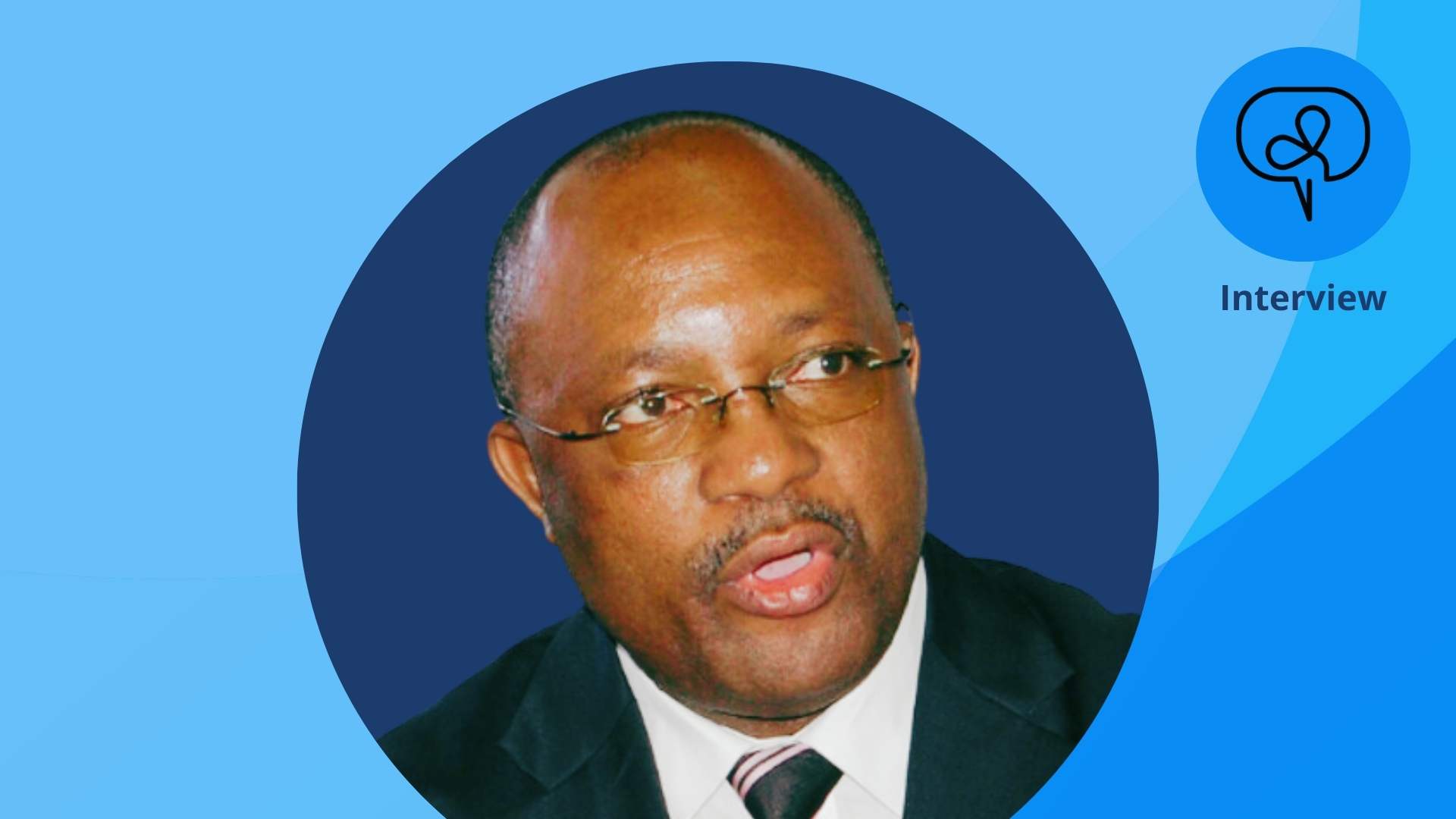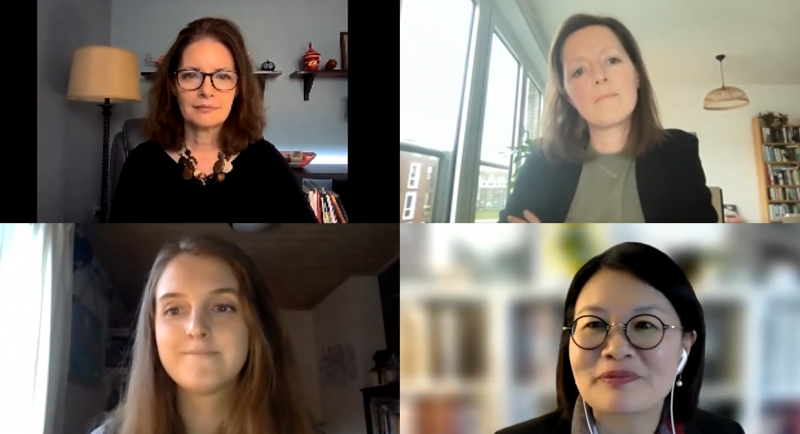
Meet the Global Donor Working Group on Land (GDWGL): An Interview with Karol Boudreaux and Gemma Betsema.
Karol Boudreaux is a Senior Land and Resource Governance Advisor, USAID and Chair of the GDPRD Global Donor Working Group on Land. Gemma Betsema is a Senior Programme Advisor, Netherlands Enterprise and Development Agency and Vice-Chair of the GDPRD Global Donor Working Group on Land.
The Platform is centred around rural development issues. Why are land governance issues also important for the donor community from a rural development perspective?
Karol: How land is allocated, used, managed and governed is at the very heart of rural development challenges and solutions. Donors need to see land governance as a fundamental cross cutting issue that supports multiple global agendas relating to rural areas and rural development. This includes everything, from poverty eradication to sustainable food systems, efforts to limit deforestation and greenhouse gas emissions, to women and youth empowerment.
Land is the most important social, cultural and economic asset for most rural people and yet this foundation is not secure. Risks remain of being displaced, losing land rights to more powerful actors, losing one’s livelihood and access to cultural heritage sites, and losing the social safety benefits that land provides to families and communities.
Land insecurity creates disincentives for rural people to invest in the capital and labour needed to make land more productive. This creates a risk of conflict within families and between communities and can facilitate human rights violations. Increased tenure security and more equitable land governance can help shift incentives towards investment in land and resource conserving practices.

In 2021, the Platform focused on food systems transformation. How do you frame the work of the Thematic Working Group in the context of the global food systems agenda?
Gemma: We engaged in many discussions around the global food systems agenda to emphasize the centrality of land in food systems issues. For example, one topic we tabled at the Summit is women’s access to farmland and income leading to steadier adequate consumption, more diverse diets and improvement of children’s health and nutrition. Studies have shown a direct correlation between secure land rights for women and improvements in household food security.
Karol: We supported efforts related to responsible land-based investments and how agri-business investors can engage productively and more equitably with producers and their food supply chains. We continue to look for opportunities with the private sector to expand the focus on equitable sustainable outcomes in supply chains.
Share
"There remains an enormous implementation gap to close around land rights, to address discriminatory social norms and support the equal rights of women, youth, indigenous people and migrants to access, use and benefit from land. We have the opportunity to work collaboratively for another 10 years of progress on good land governance."
Where do you think the group has had the most impact in terms of its work? What is the group’s potential in strengthening coordination amongst donors on land governance issues?
Karol: An important contribution has been the collaborative work to advocate for the inclusion of land-related indicators in the SDG indicators. This engagement raised attention to the important role land plays in the SDGs on eradicating poverty, eliminating hunger, and ensuring gender equality.
The group helped identify and frame the questions needed to track progress for women and men living in diverse rural and urban contexts. Globally available high-quality data was identified but also what was missing to do a progress analysis. Innovative community-driven approaches to data collection were encouraged, to complement the ongoing work at national statistical agencies.
What have been the group’s key highlights and main achievements in 2021?
Gemma: The global food systems agenda together with our work on SDG indicators. We started to further promote country-level coordination within the group in 2021 and will continue in 2022. Enabling donors with projects in the same country to share lessons learned and scale up proven successes will improve our work’s overall efficiency and effectiveness.
We had already established a database to bring together data in the donor community to better track progress. Now we are compiling information on ongoing projects in an updated Land Governance Programme Map. This will ensure information on donor activities is transparent and available, and further enable country-level coordination and collaboration between group members.
Karol: Last year has been challenging given the pandemic, but one highlight has been the launch of the group’s revised website (link to be inserted at posting). It will help introduce more people to the group’s work and get them interested in and excited about land governance and tenure security.
Interview | Chair and Vice-Chair, Global Donor Working Group on Land
Looking ahead to 2022, what are the key priorities for the group? What is your vision for its future, both in the short and long term?
Karol: This a wonderful time to stop and consider what has been achieved and what is still left to do. We are celebrating the 10-year anniversary of the endorsement of the Voluntary Guidelines on Responsible Governance of Tenure (VGGTs). Several donors are releasing evidence from rigorous evaluations of land interventions and we hope to support an Evidence Summit to bring donors together and share information.
In the longer term, the group will play an important role in tracking progress against global and national commitments around equitable land rights and secure tenure. There remains an enormous implementation gap to close around land rights, to address discriminatory social norms and support the equal rights of women, youth, indigenous people and migrants to access, use and benefit from land. We have the opportunity to work collaboratively for another 10 years of progress on good land governance.
Latest Interviews
